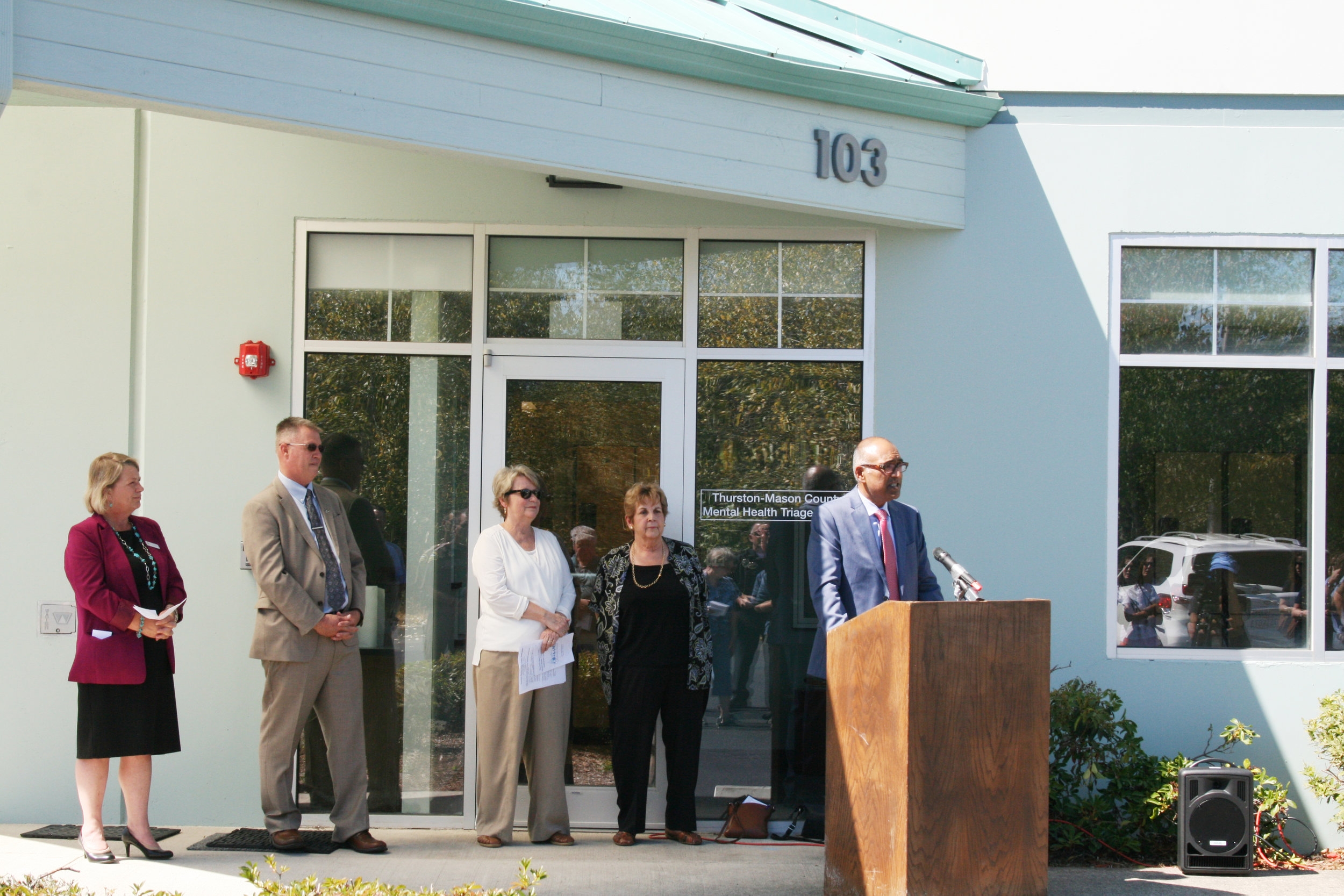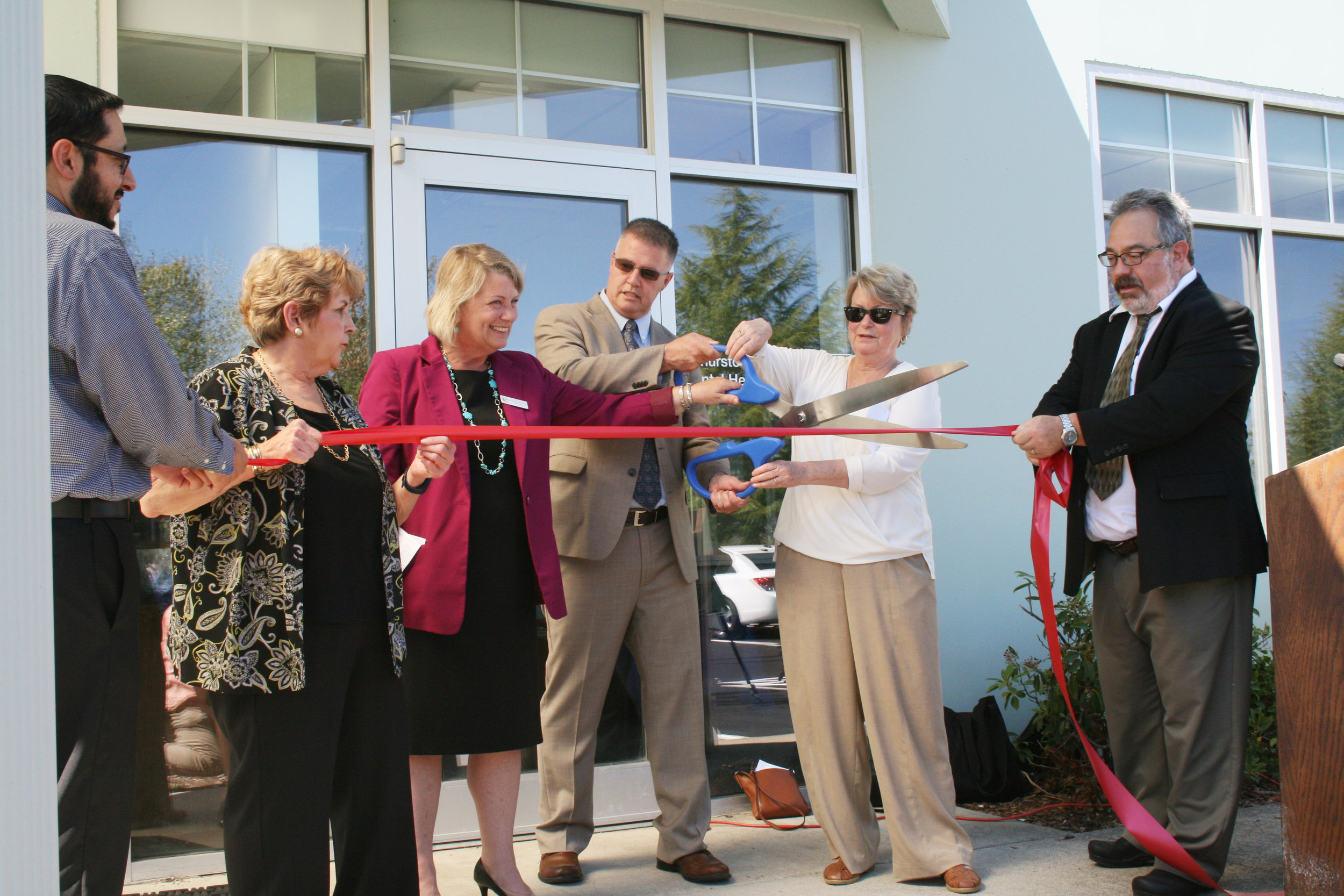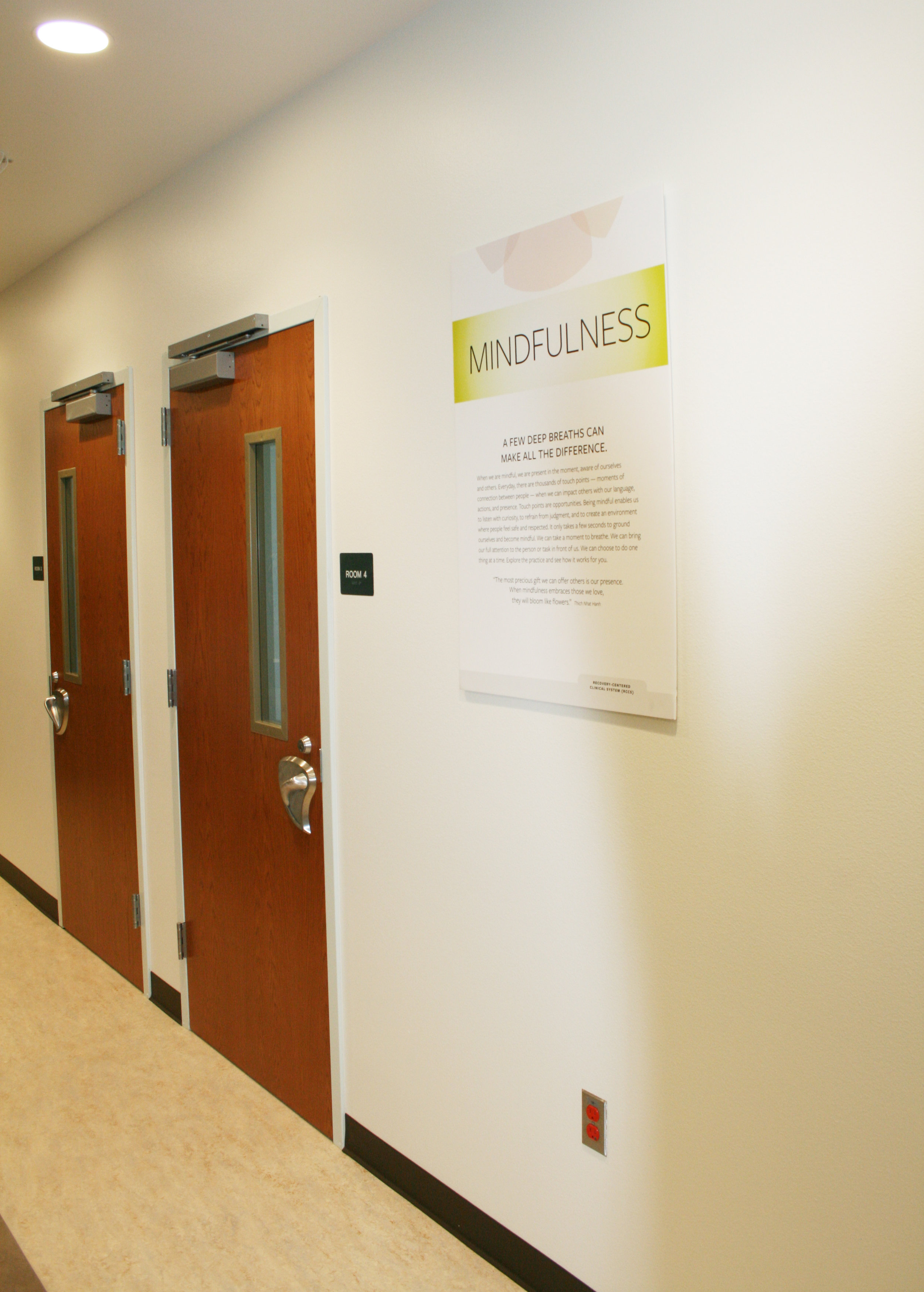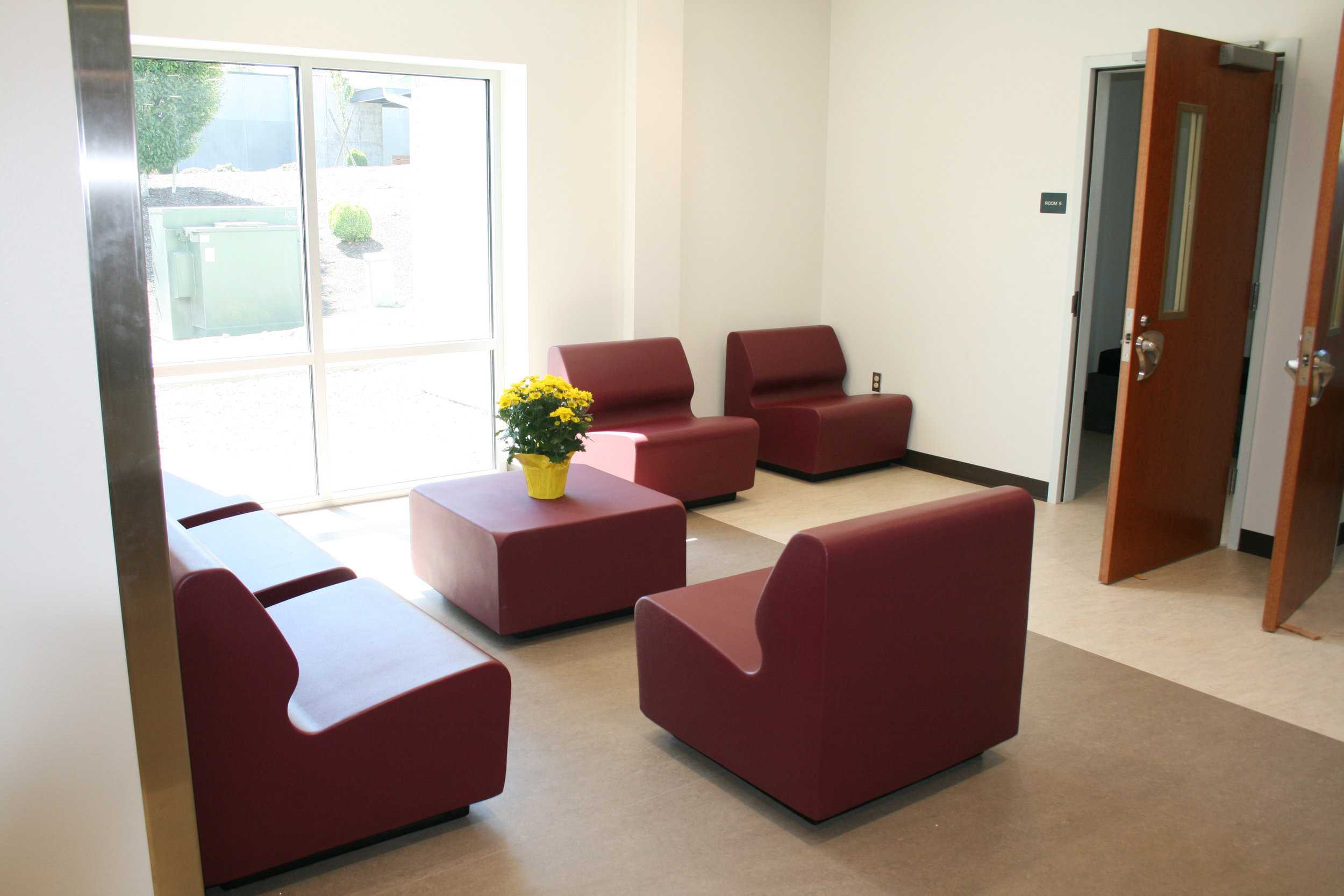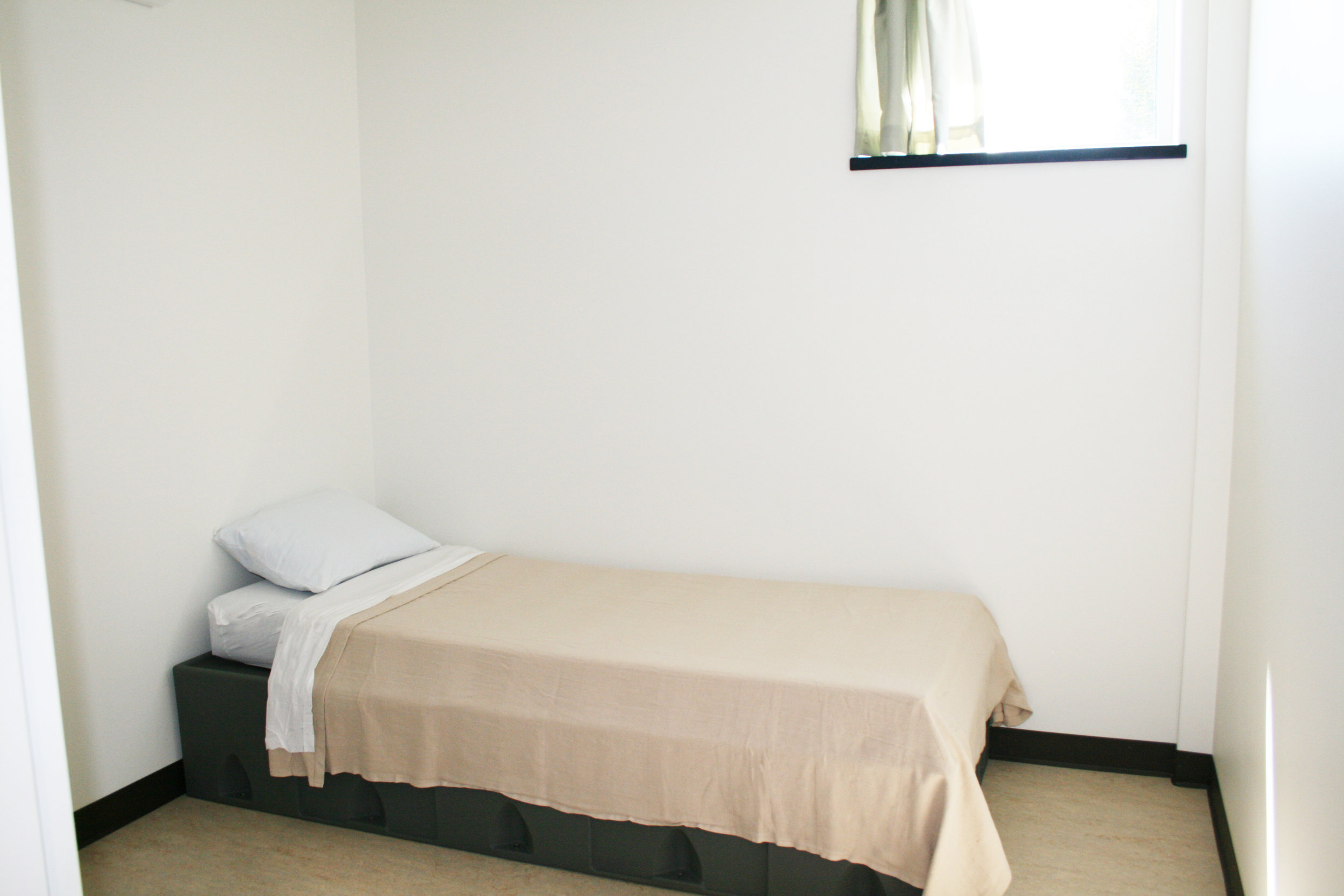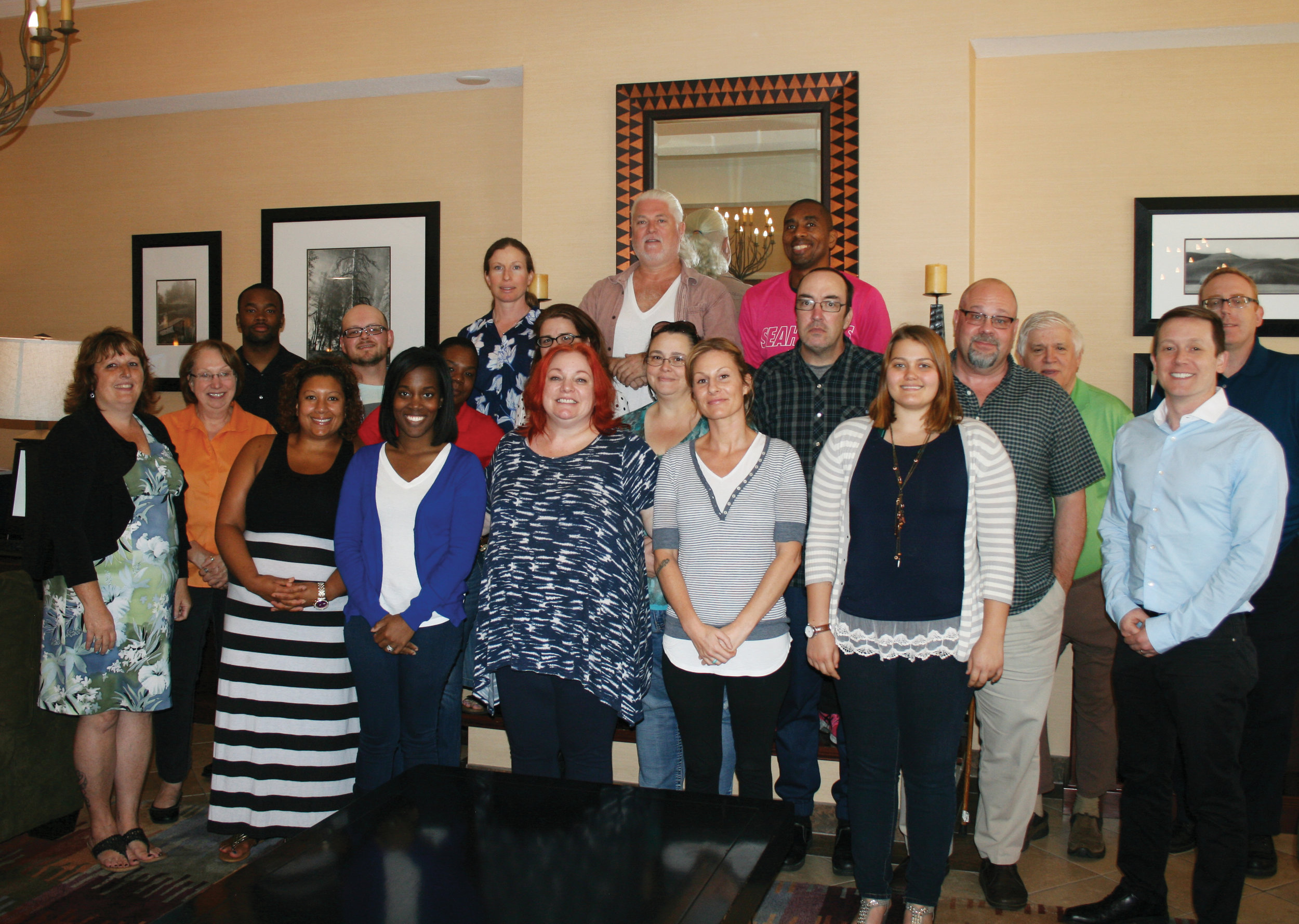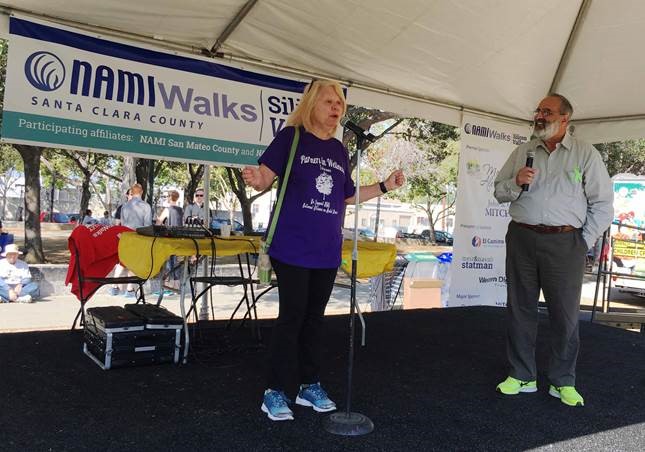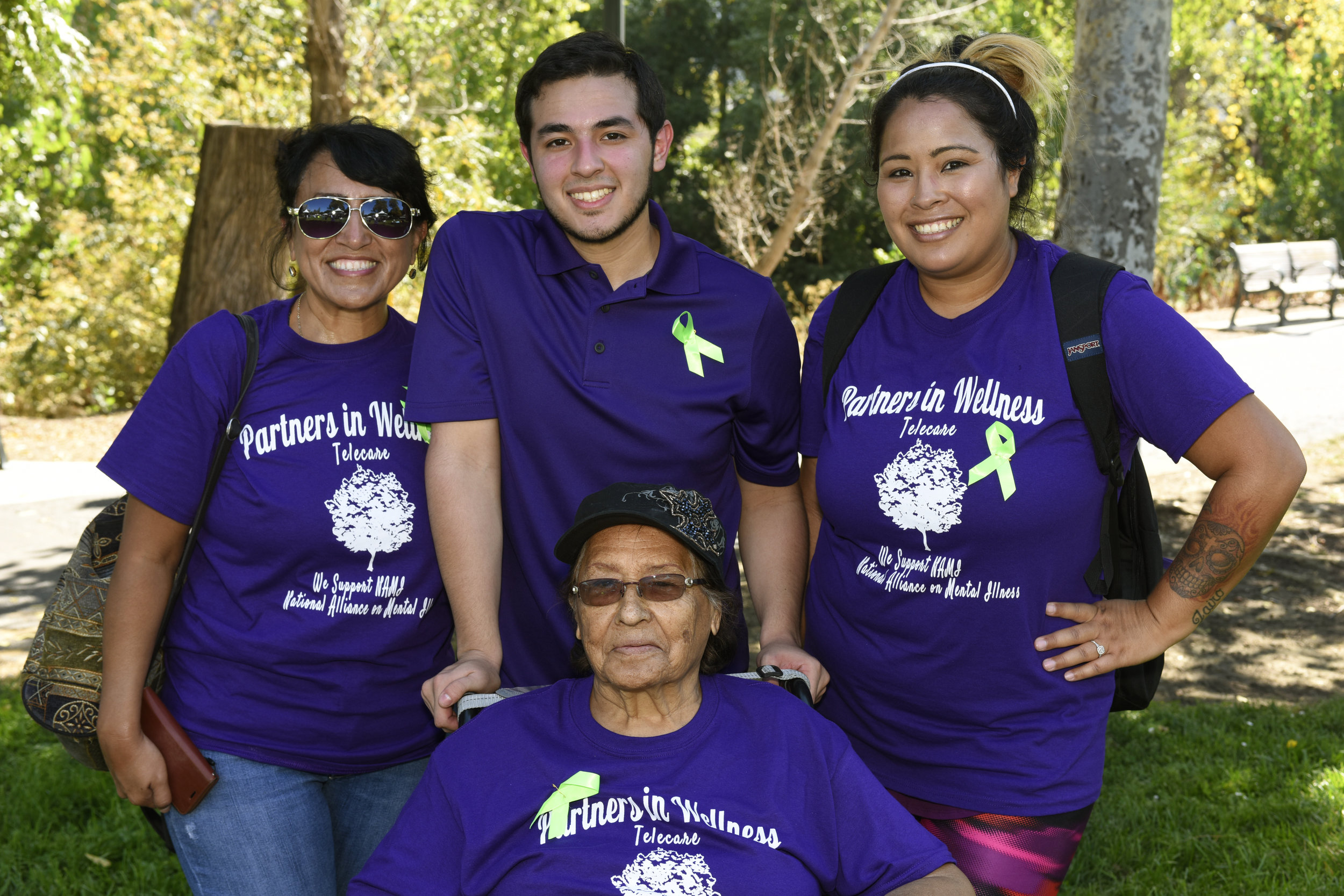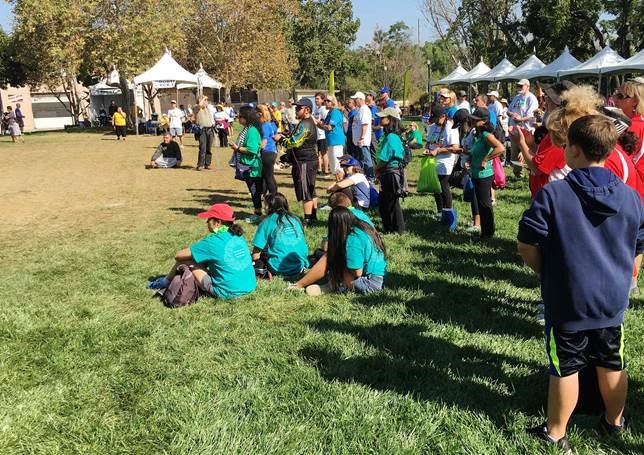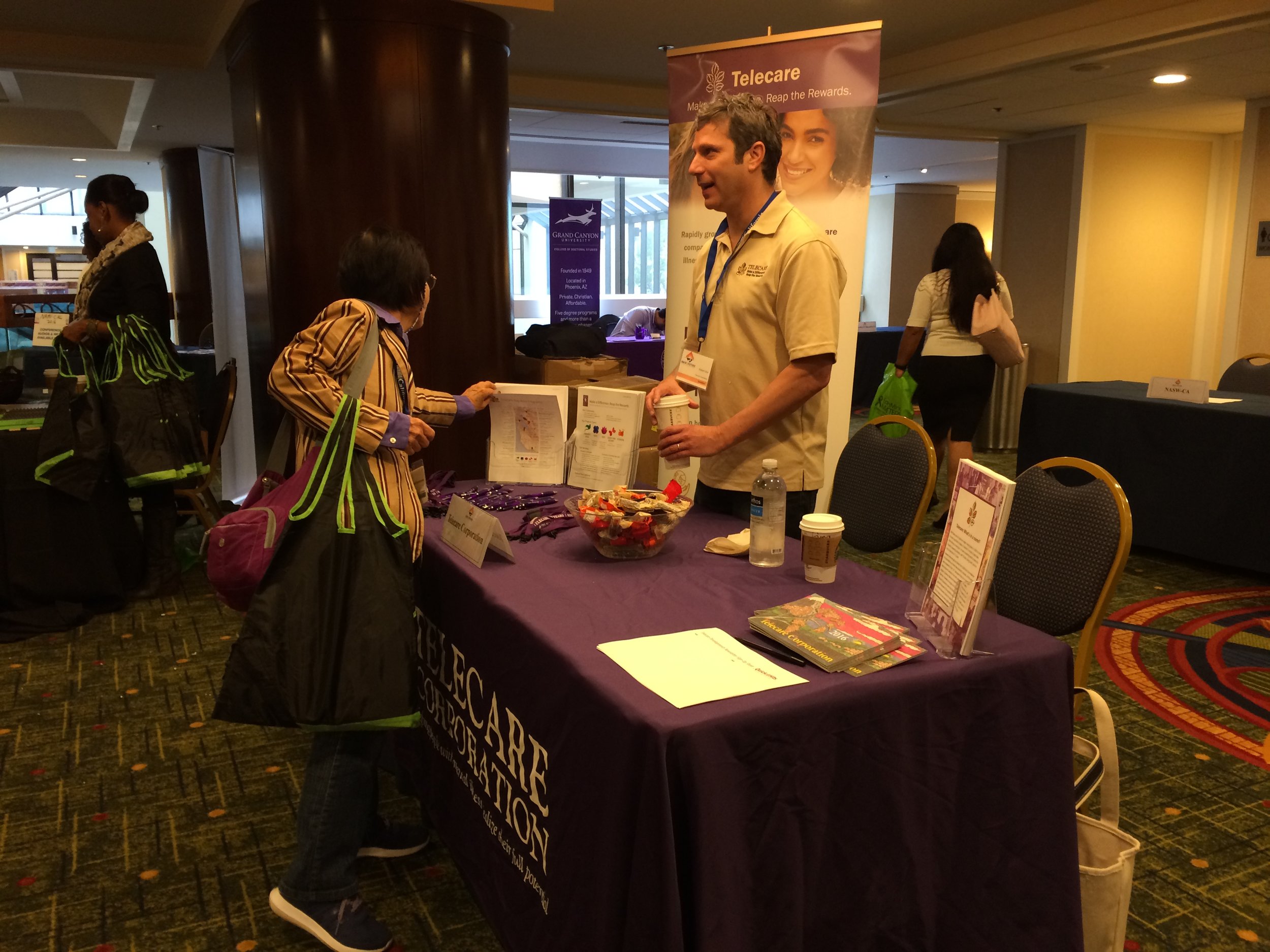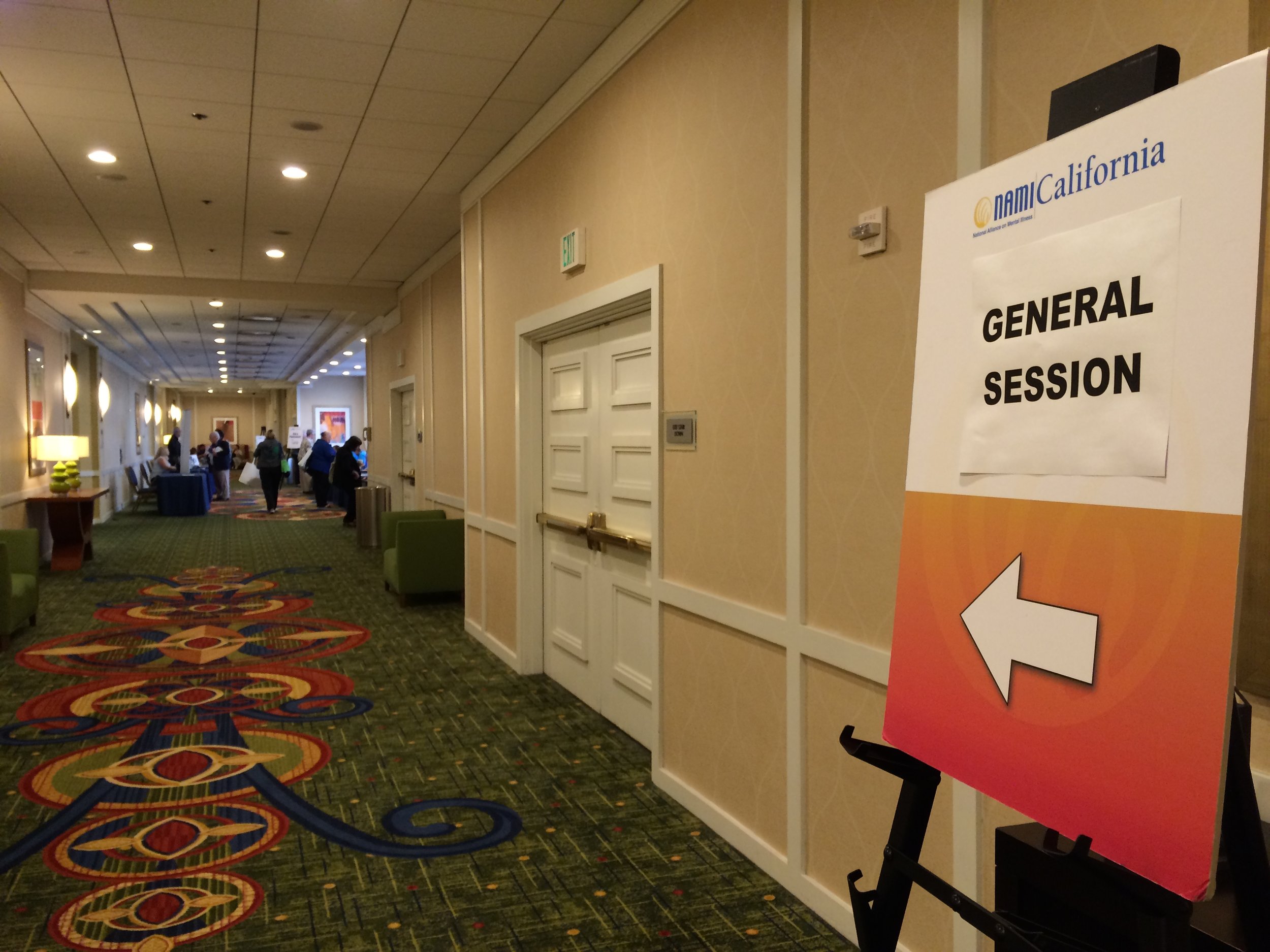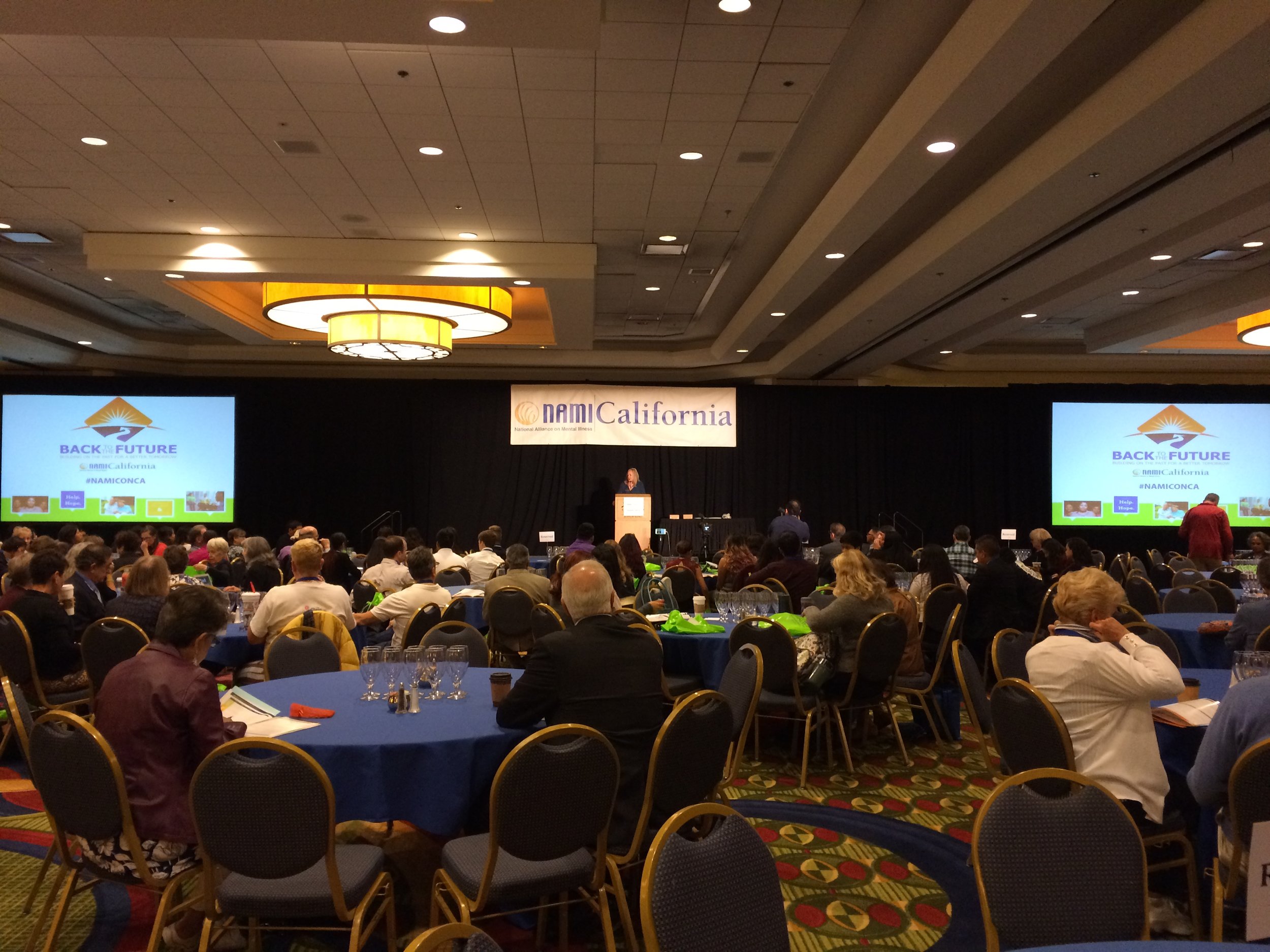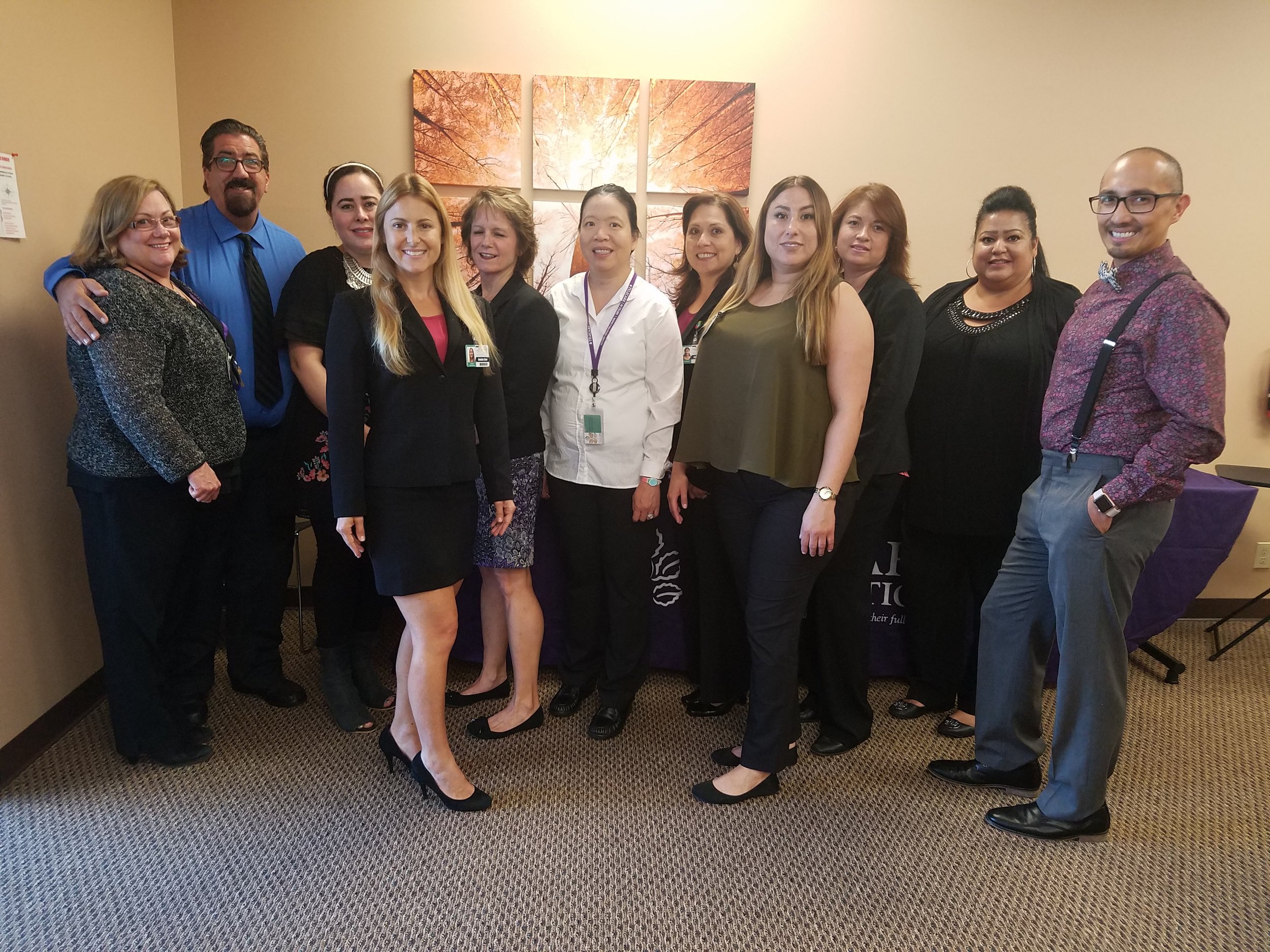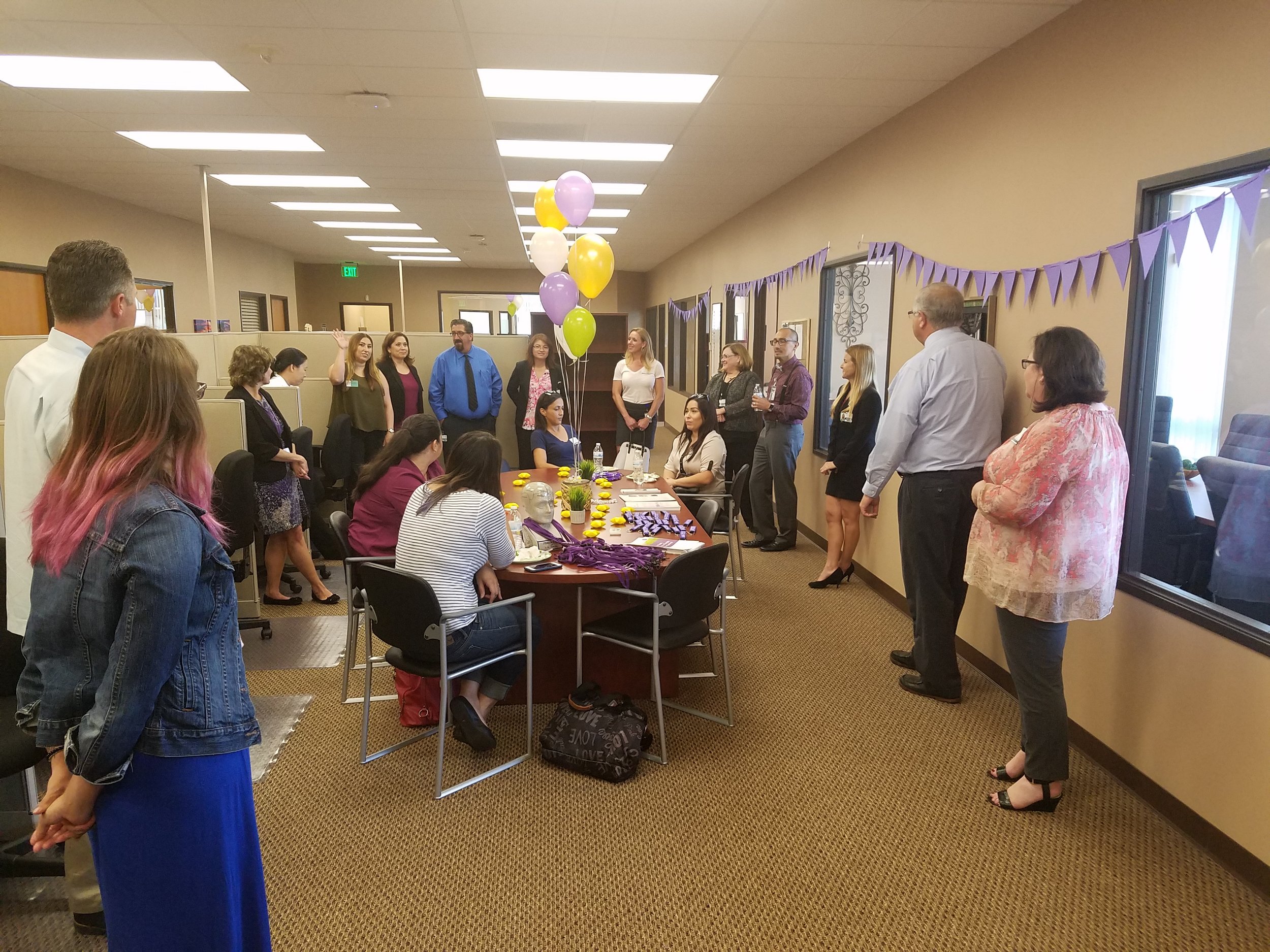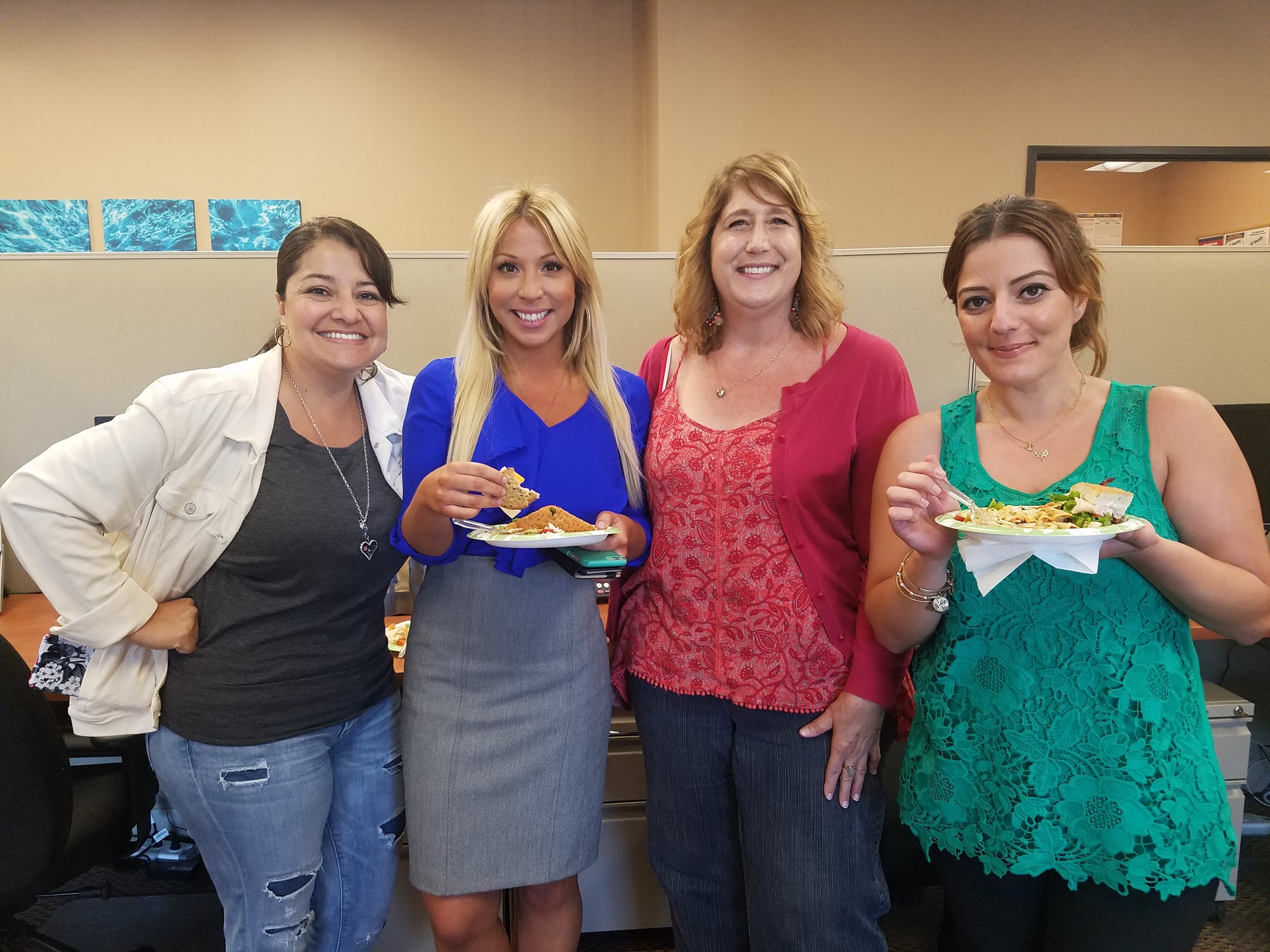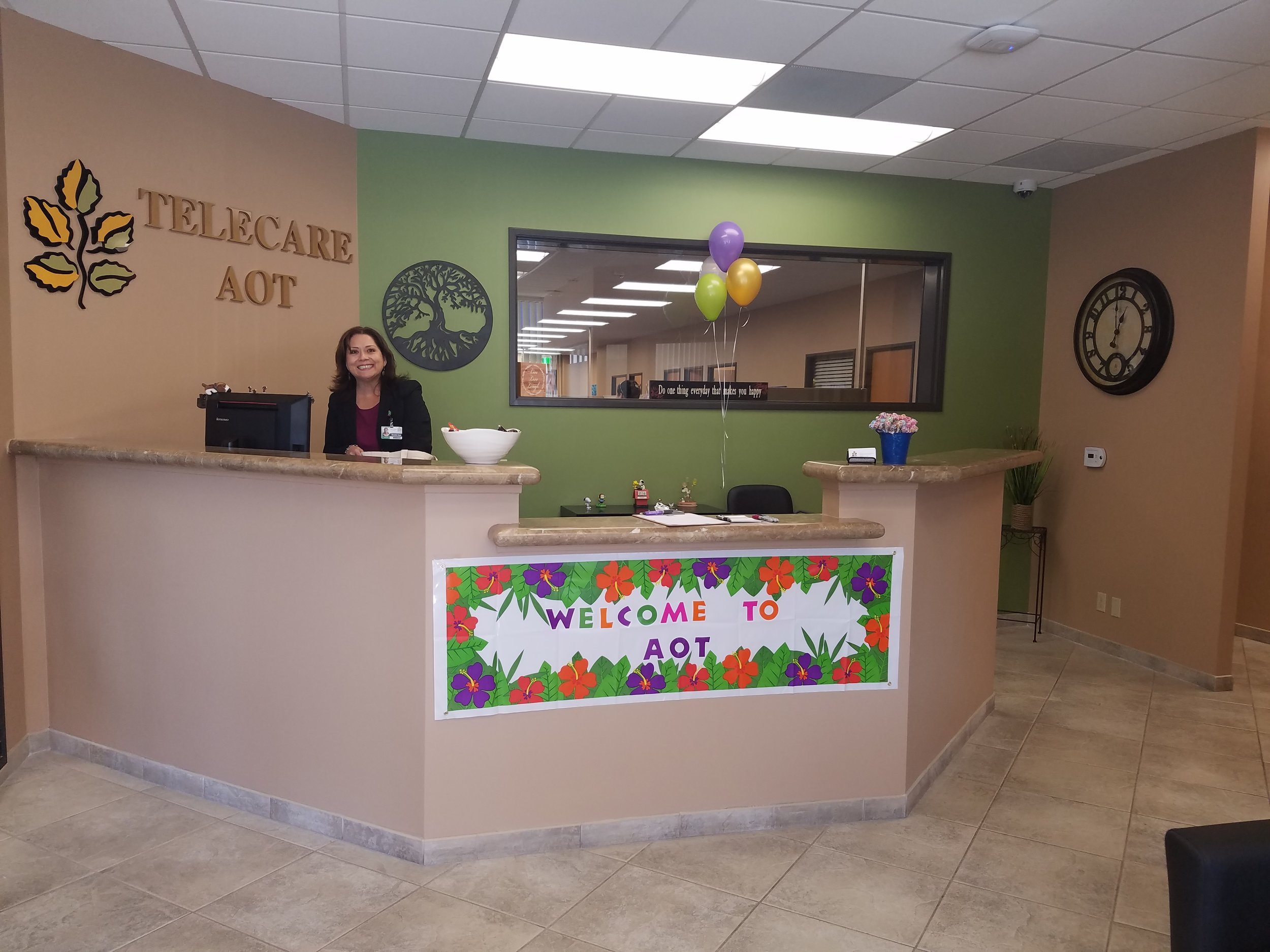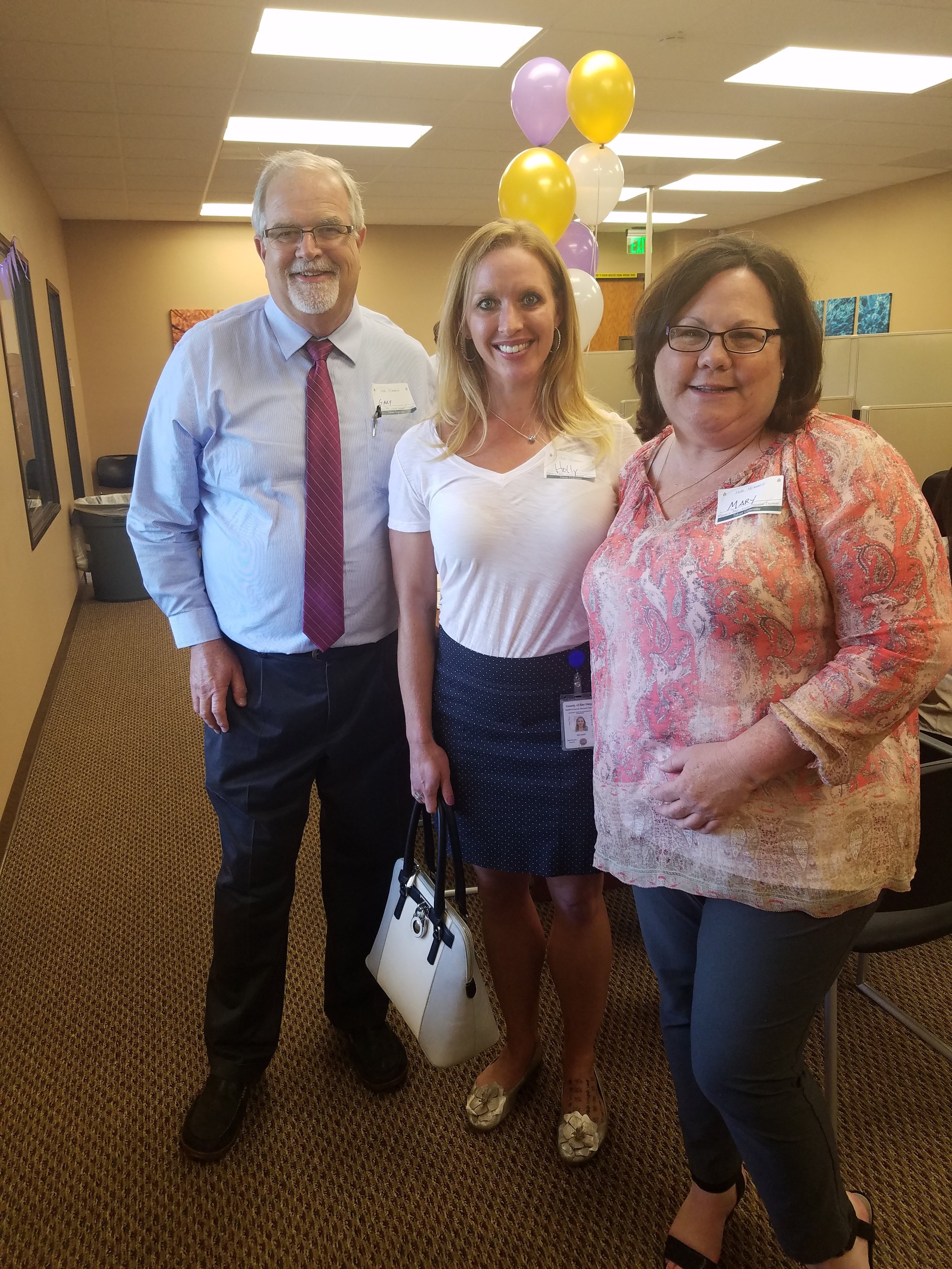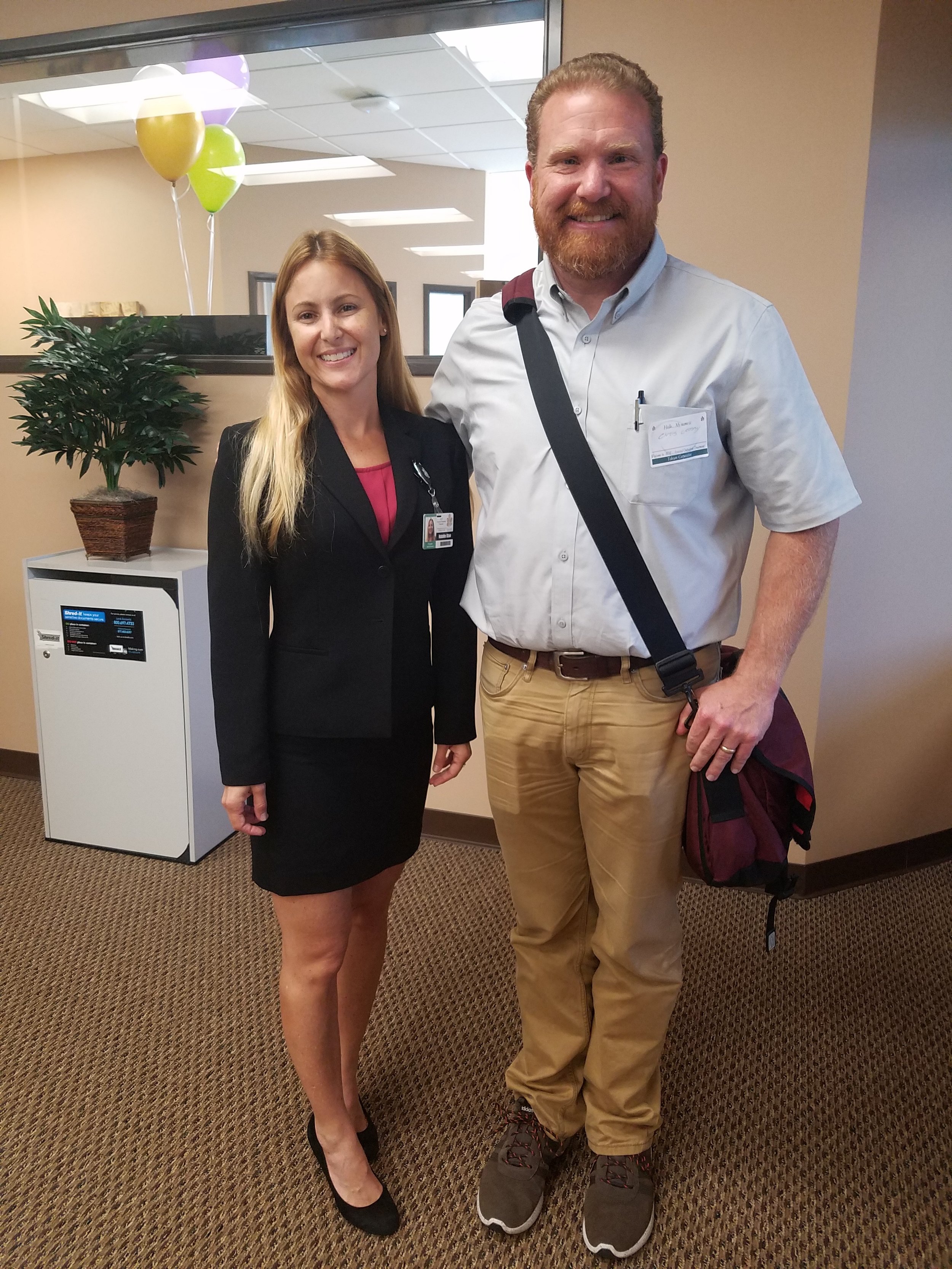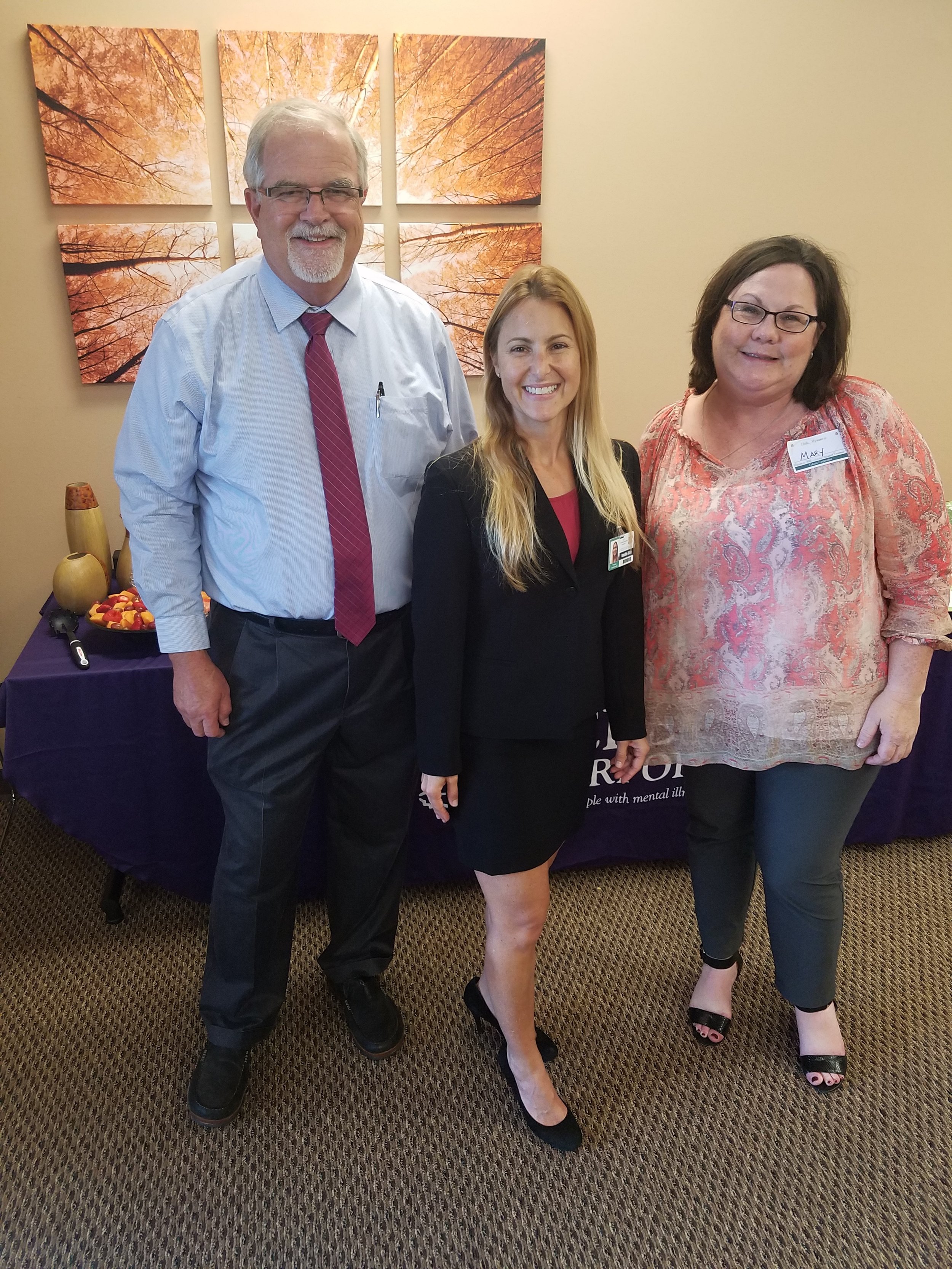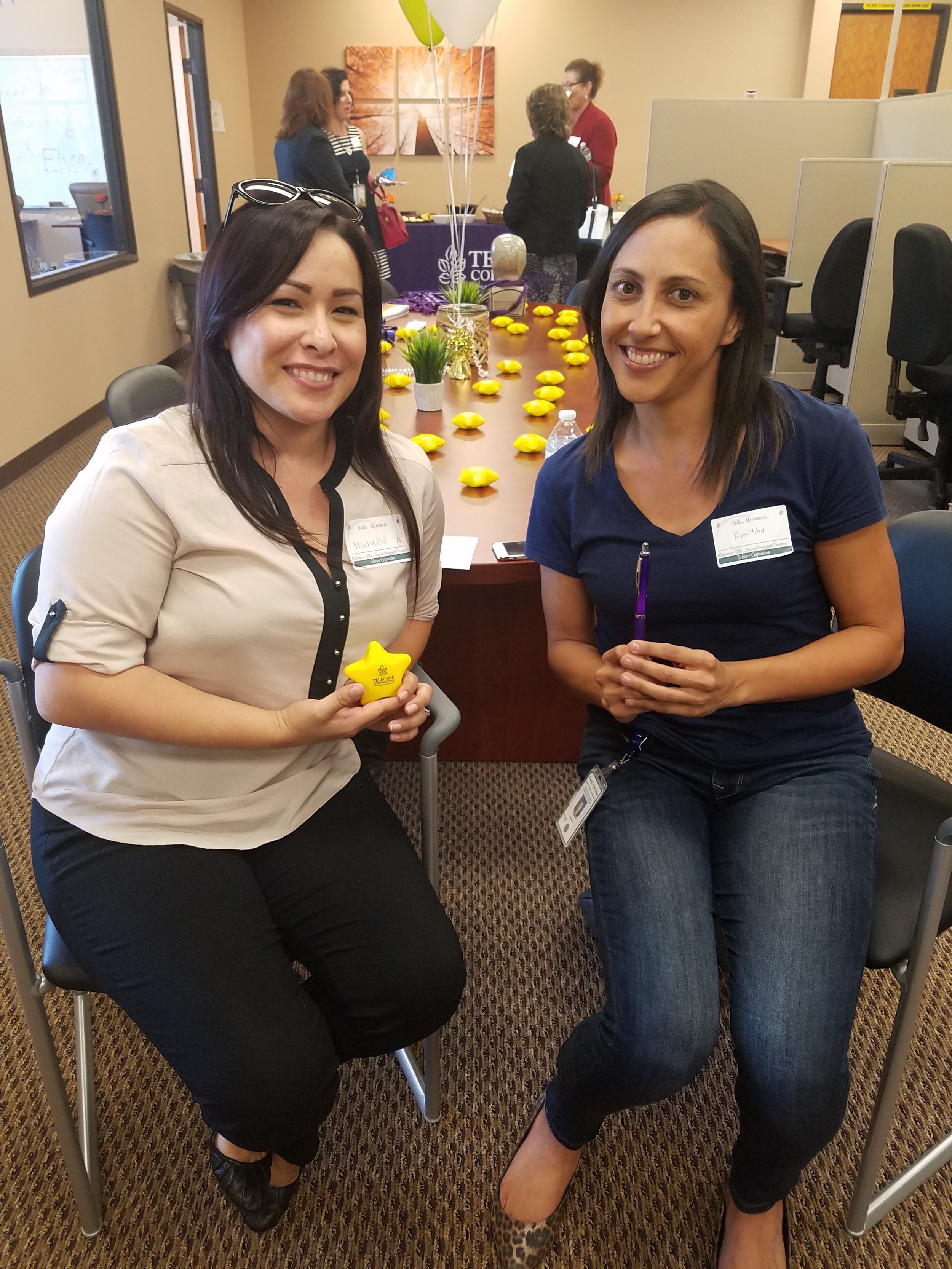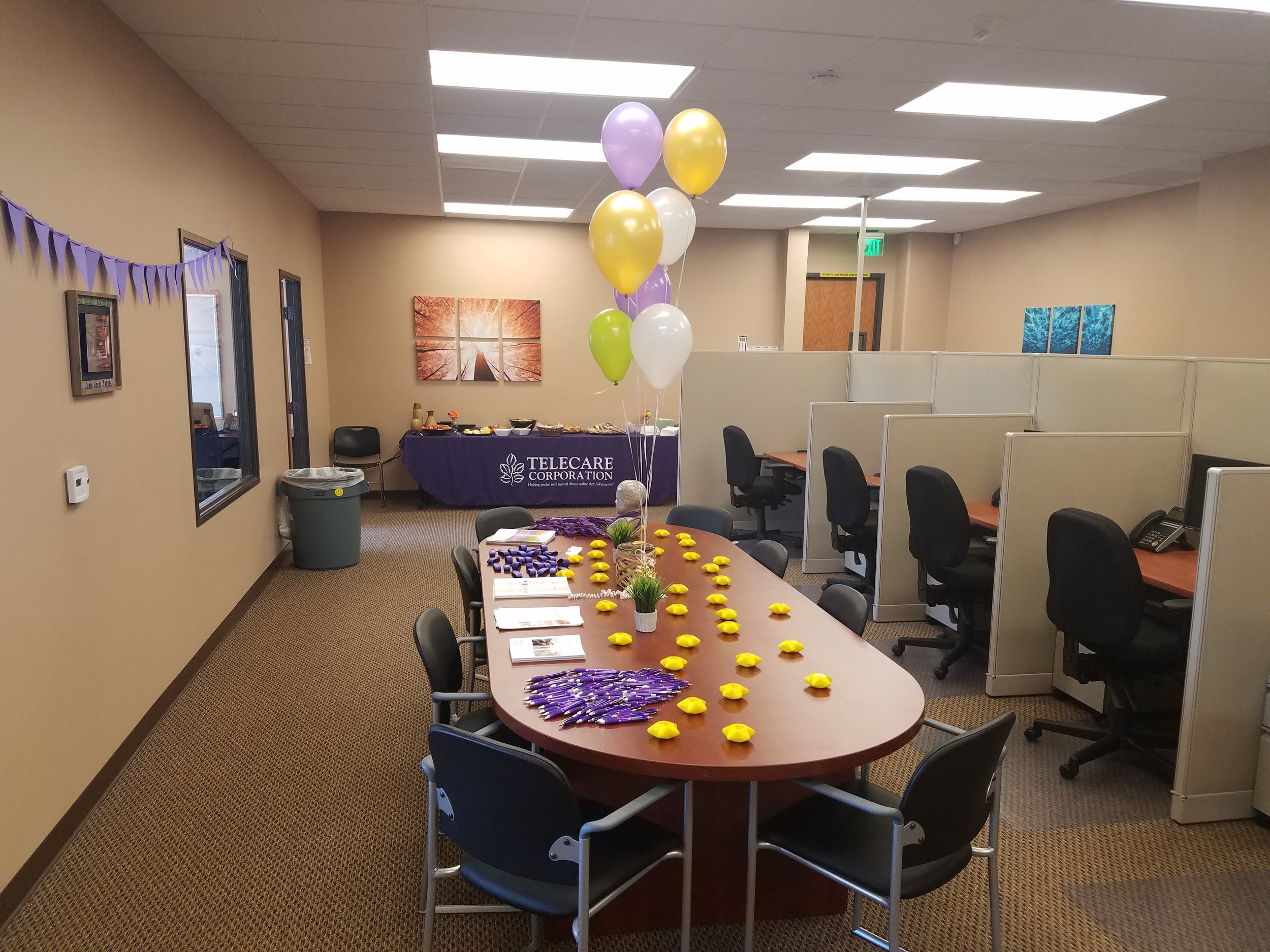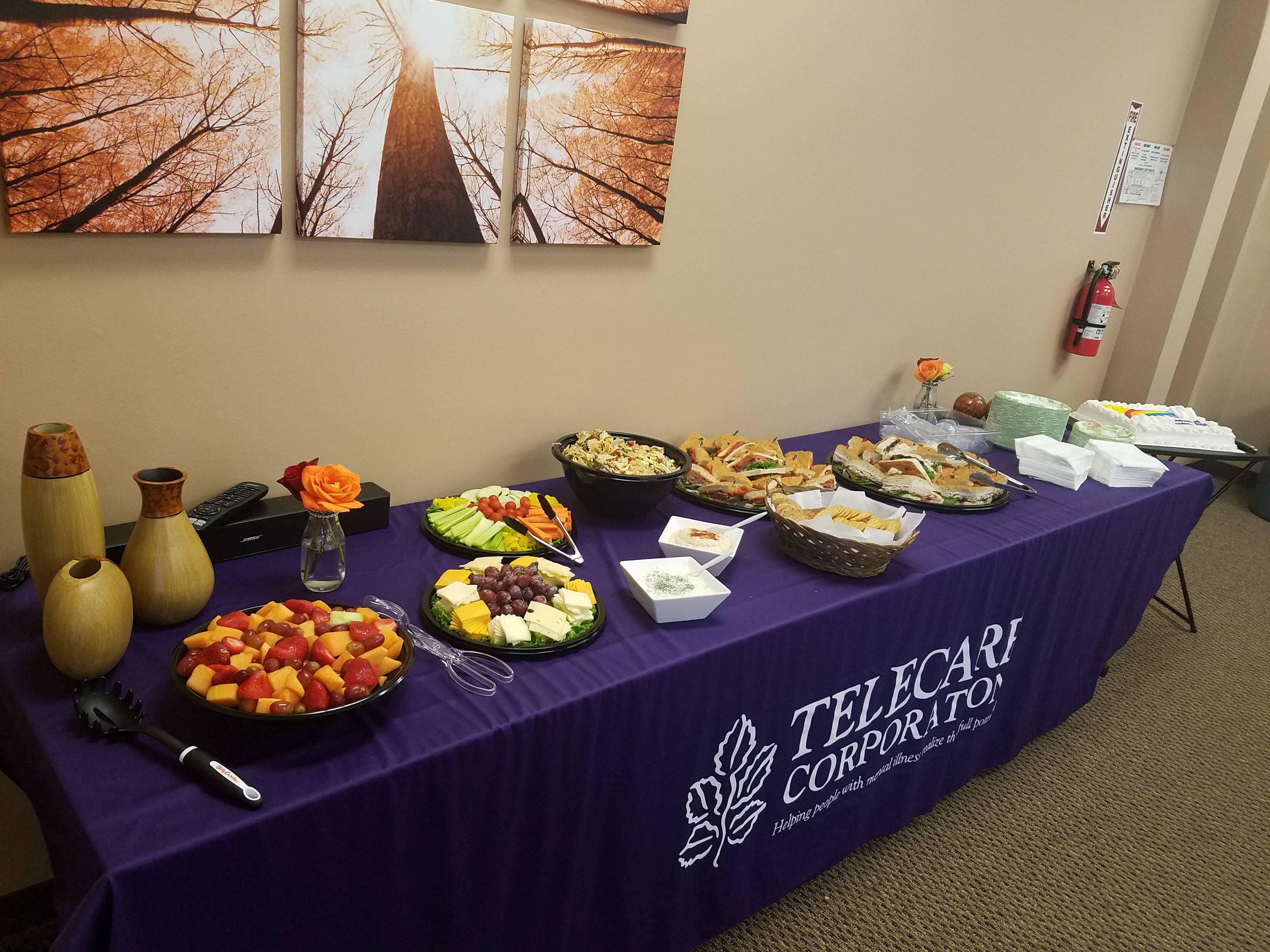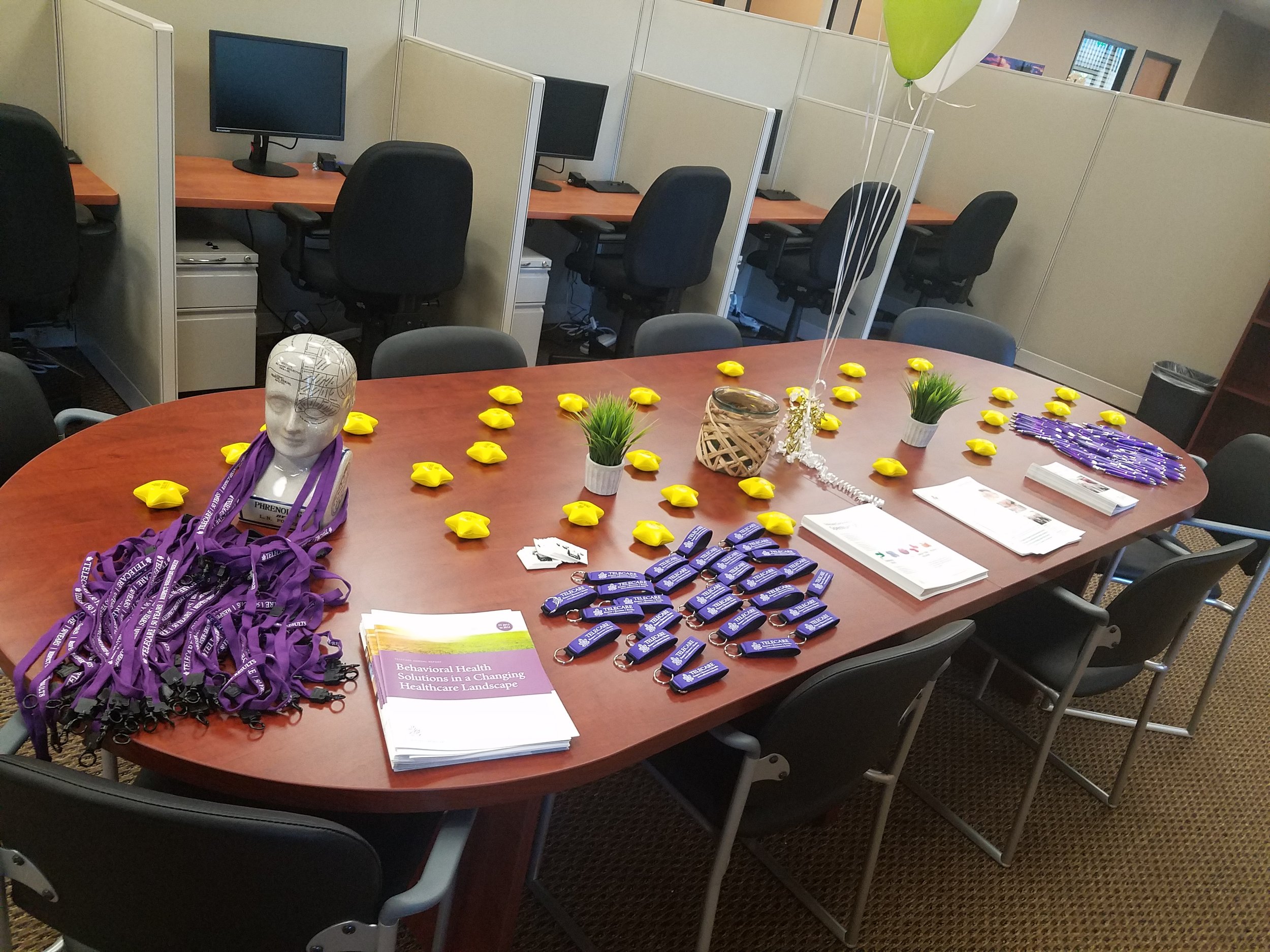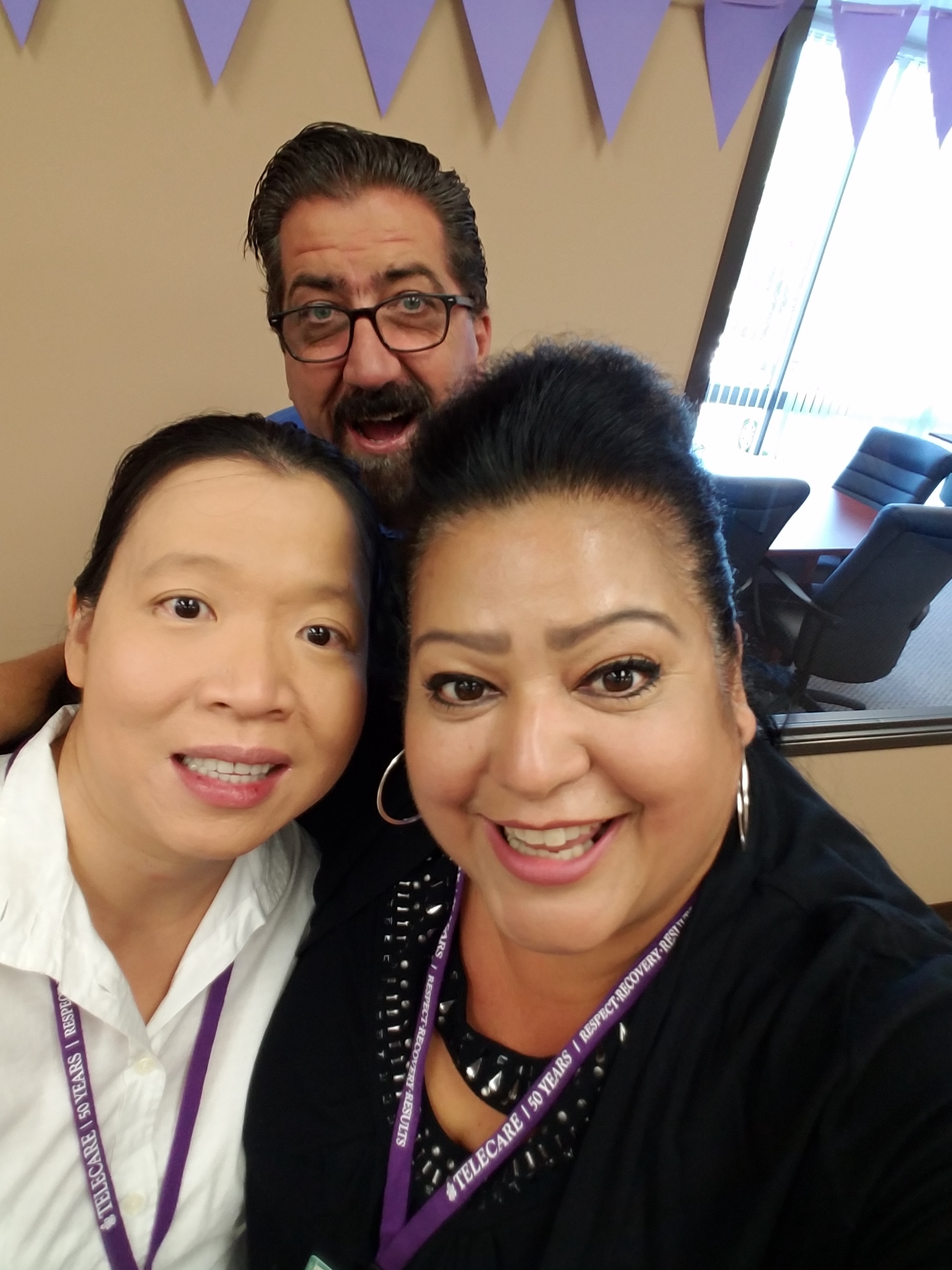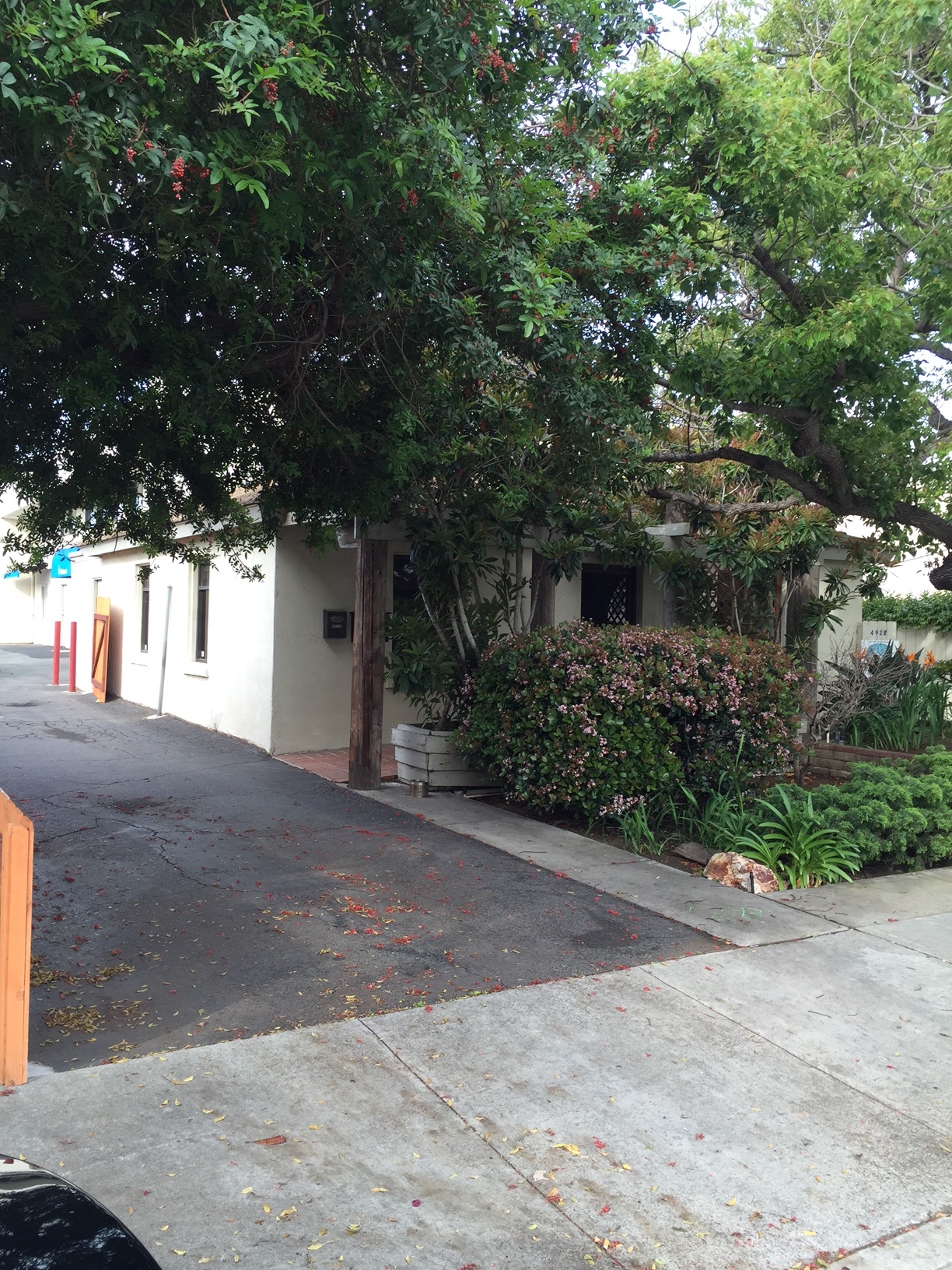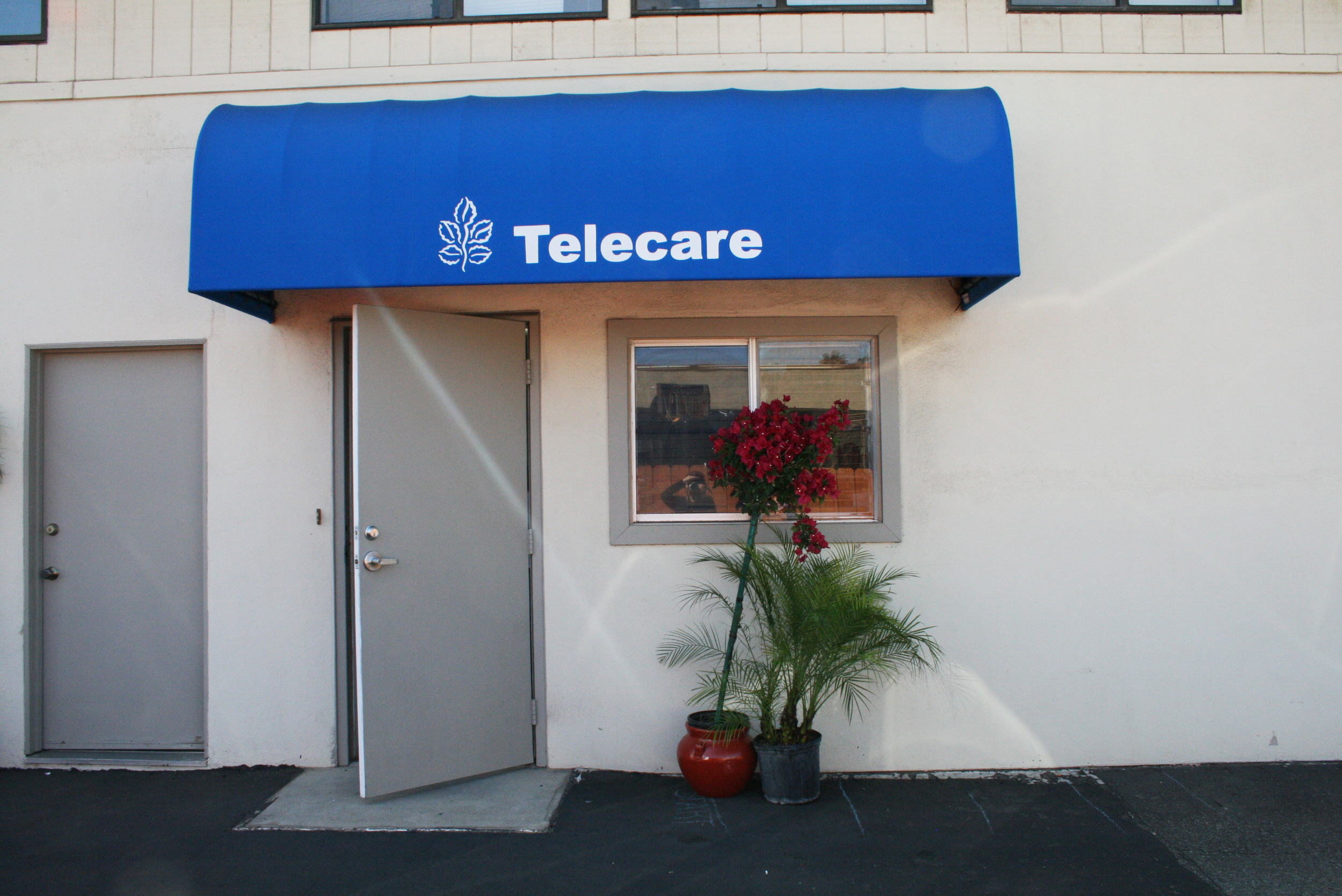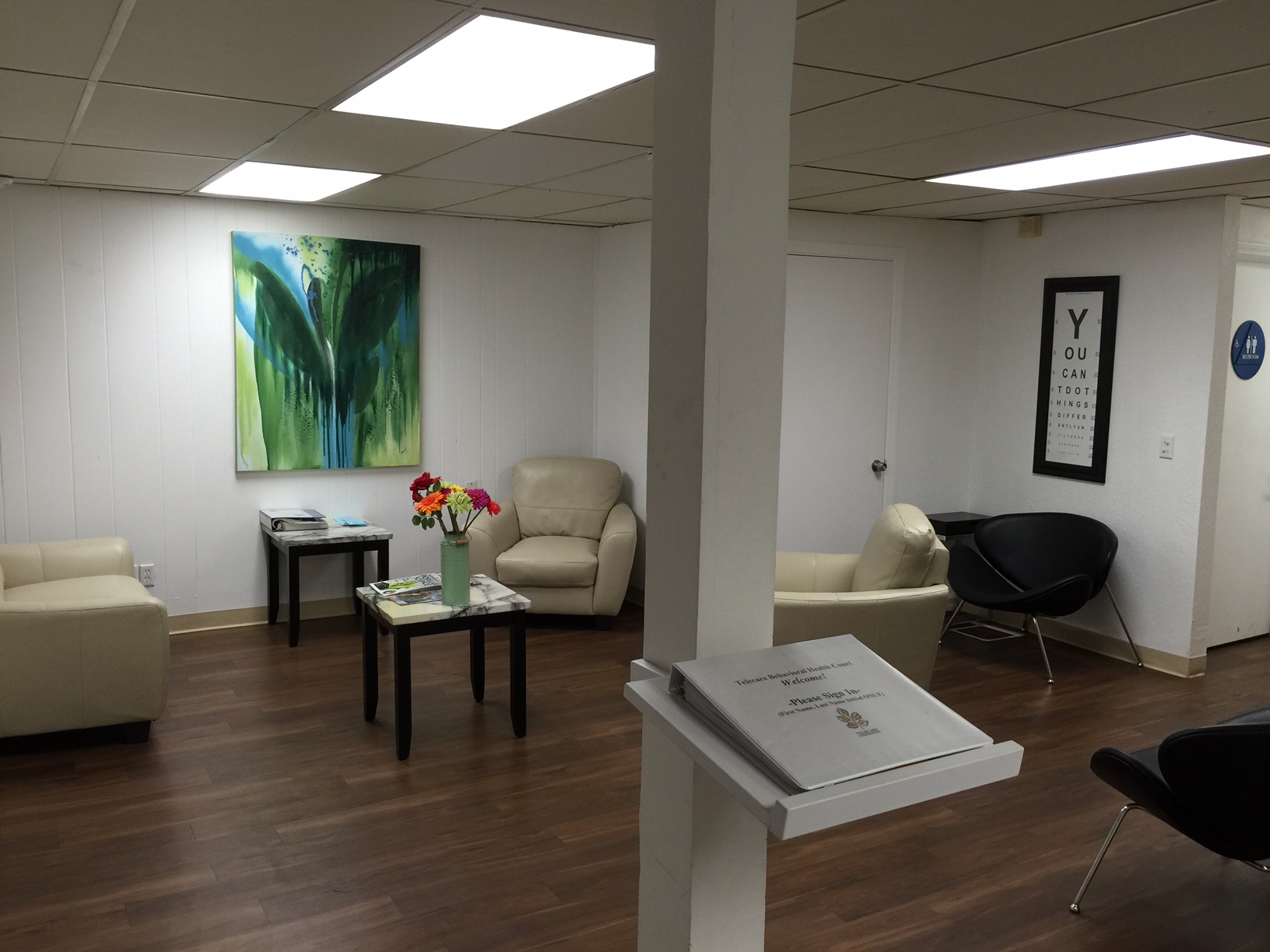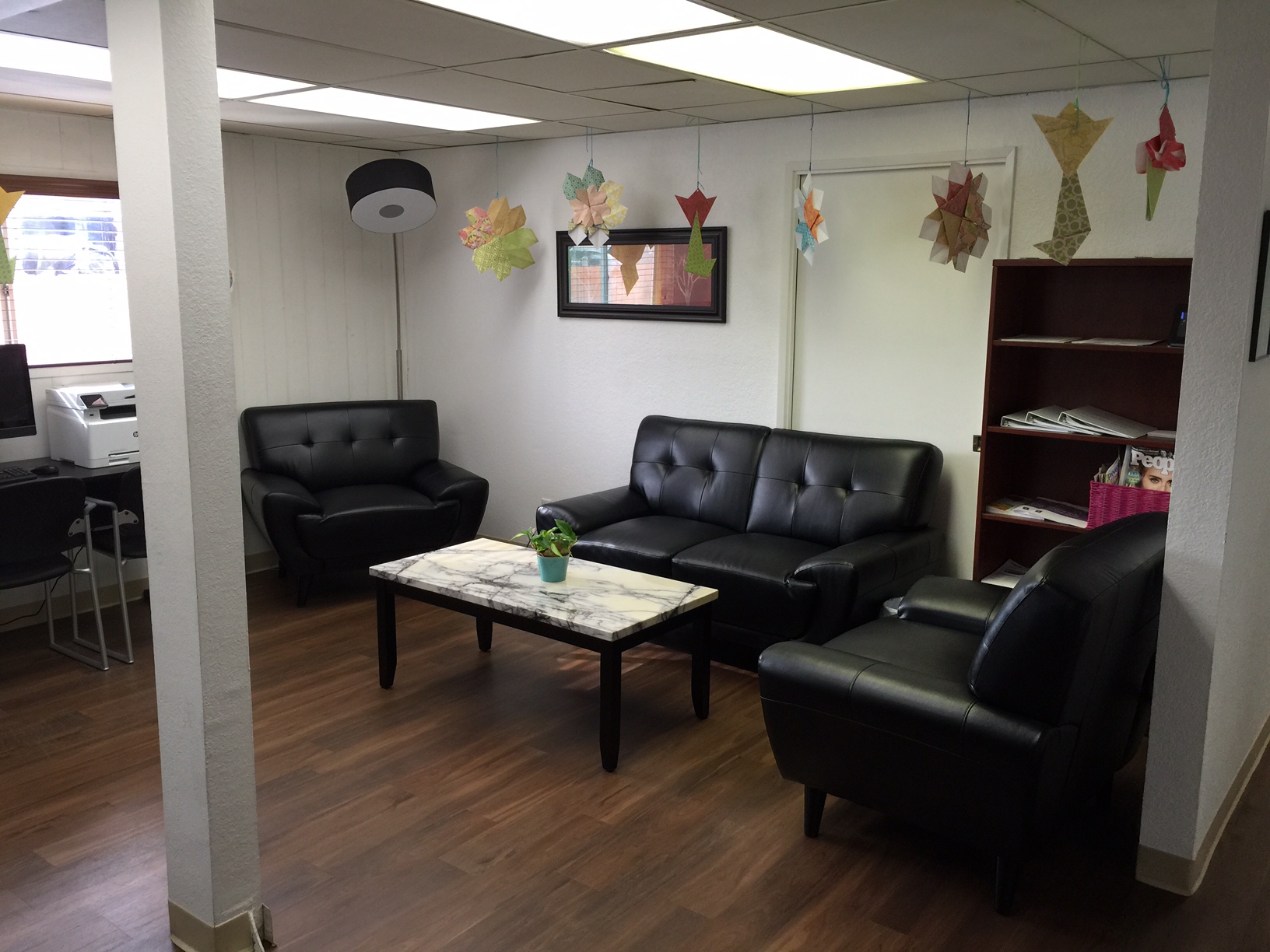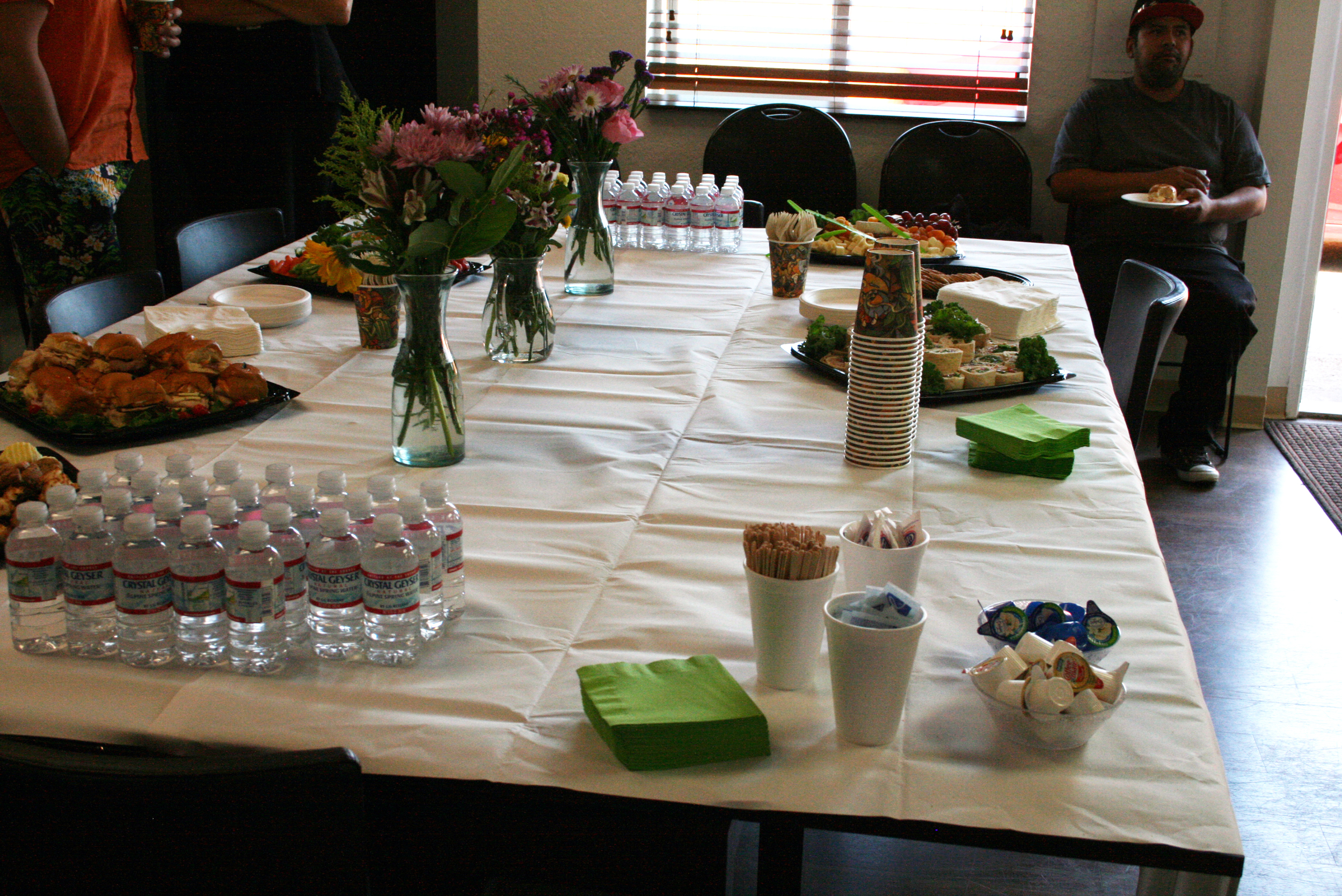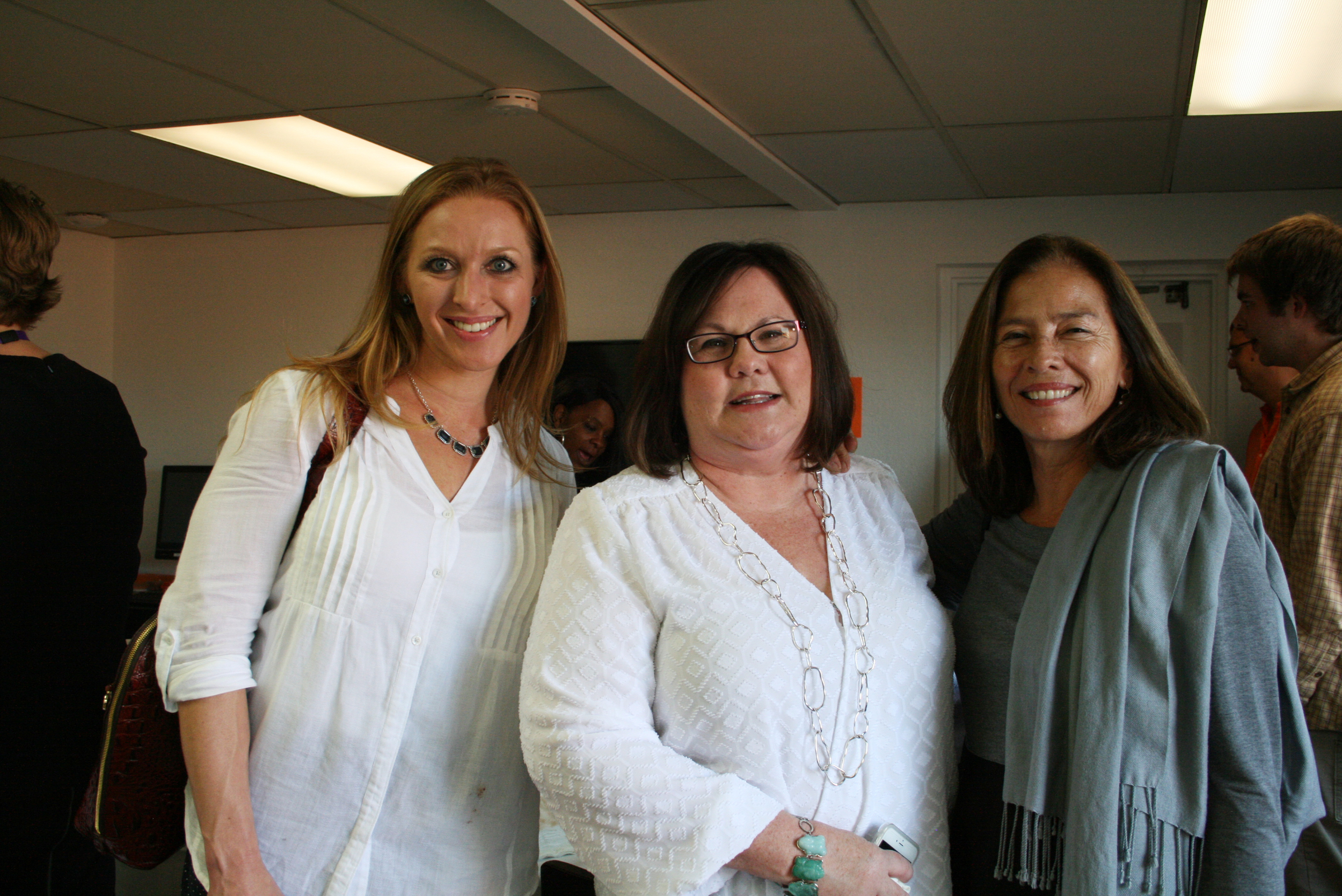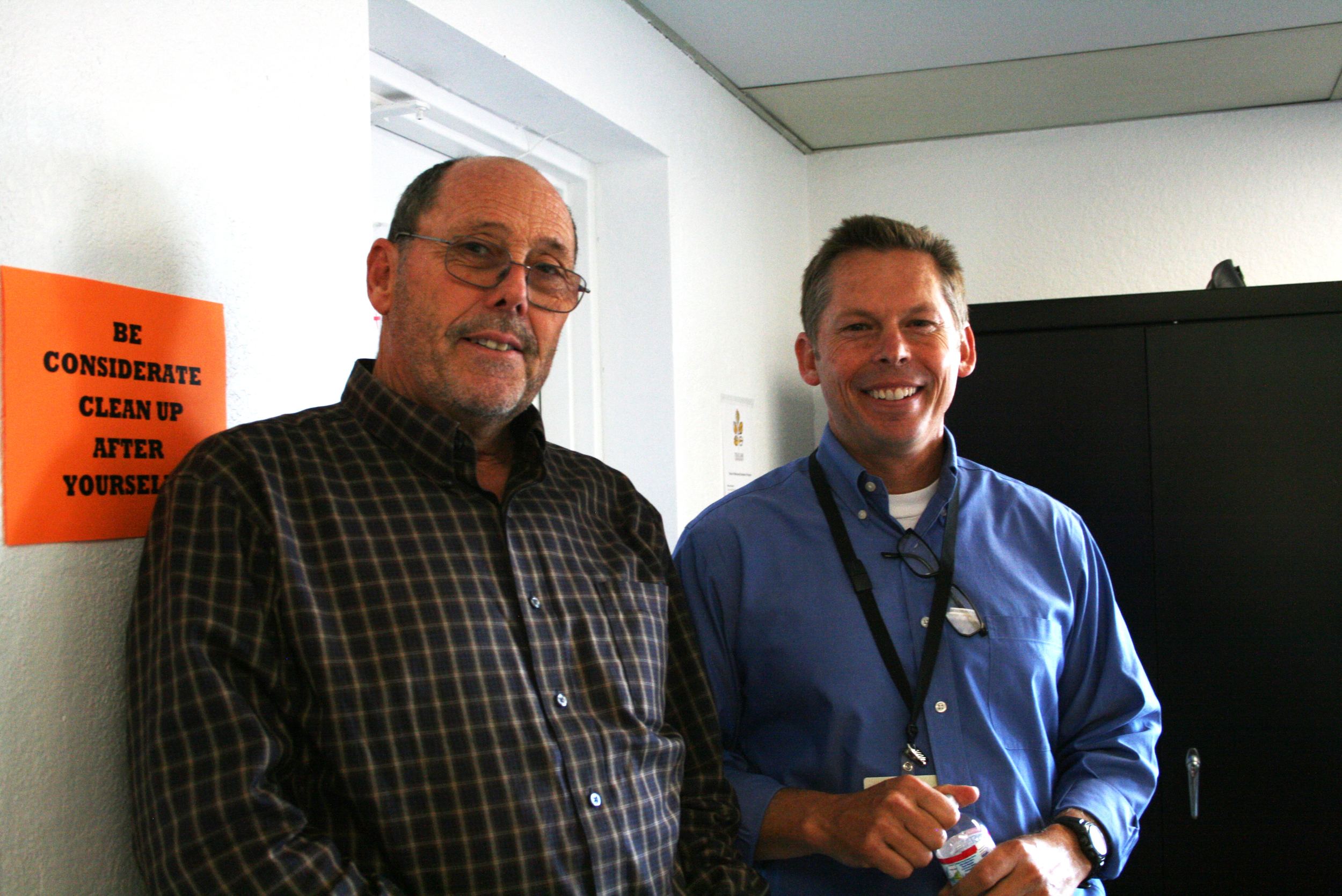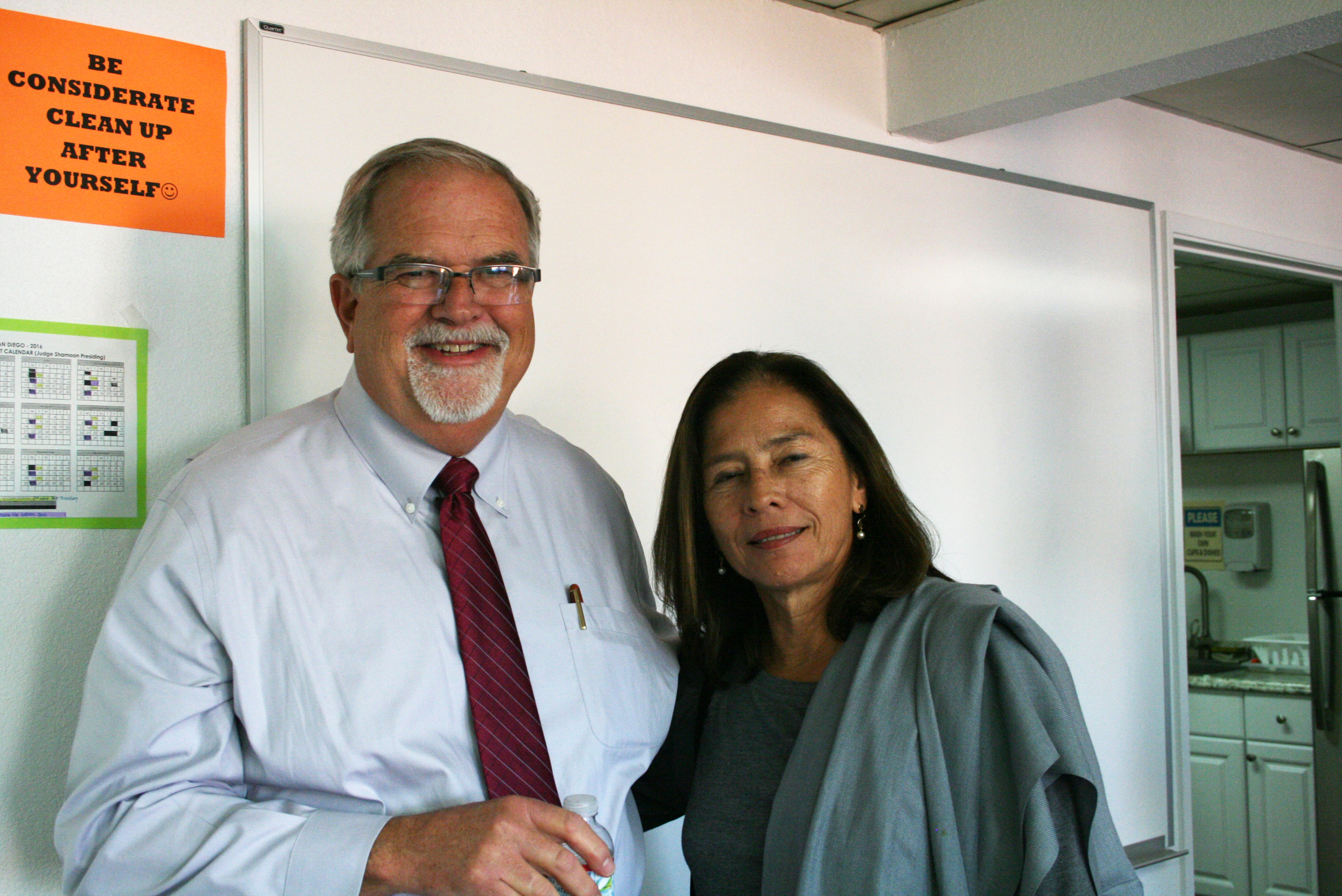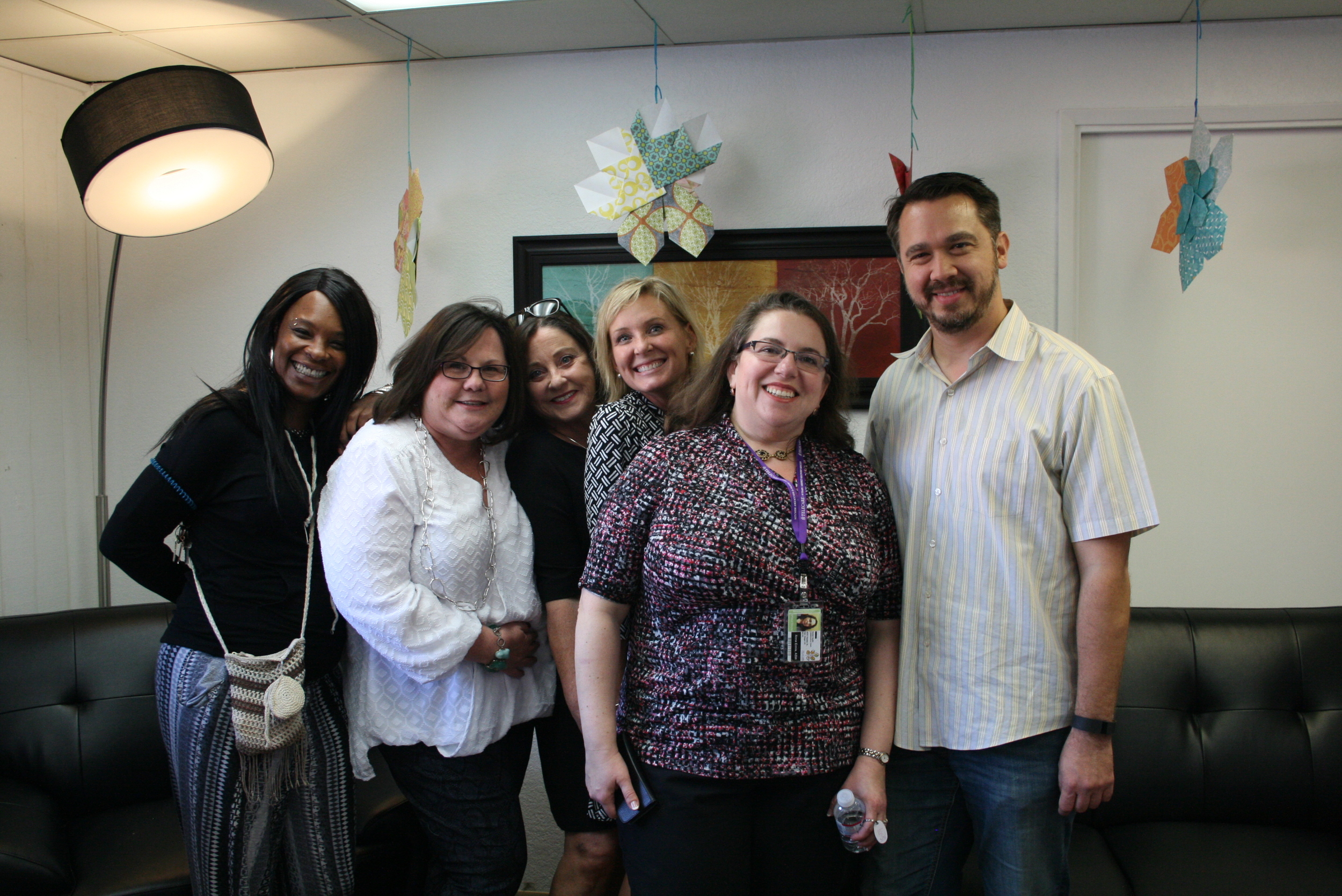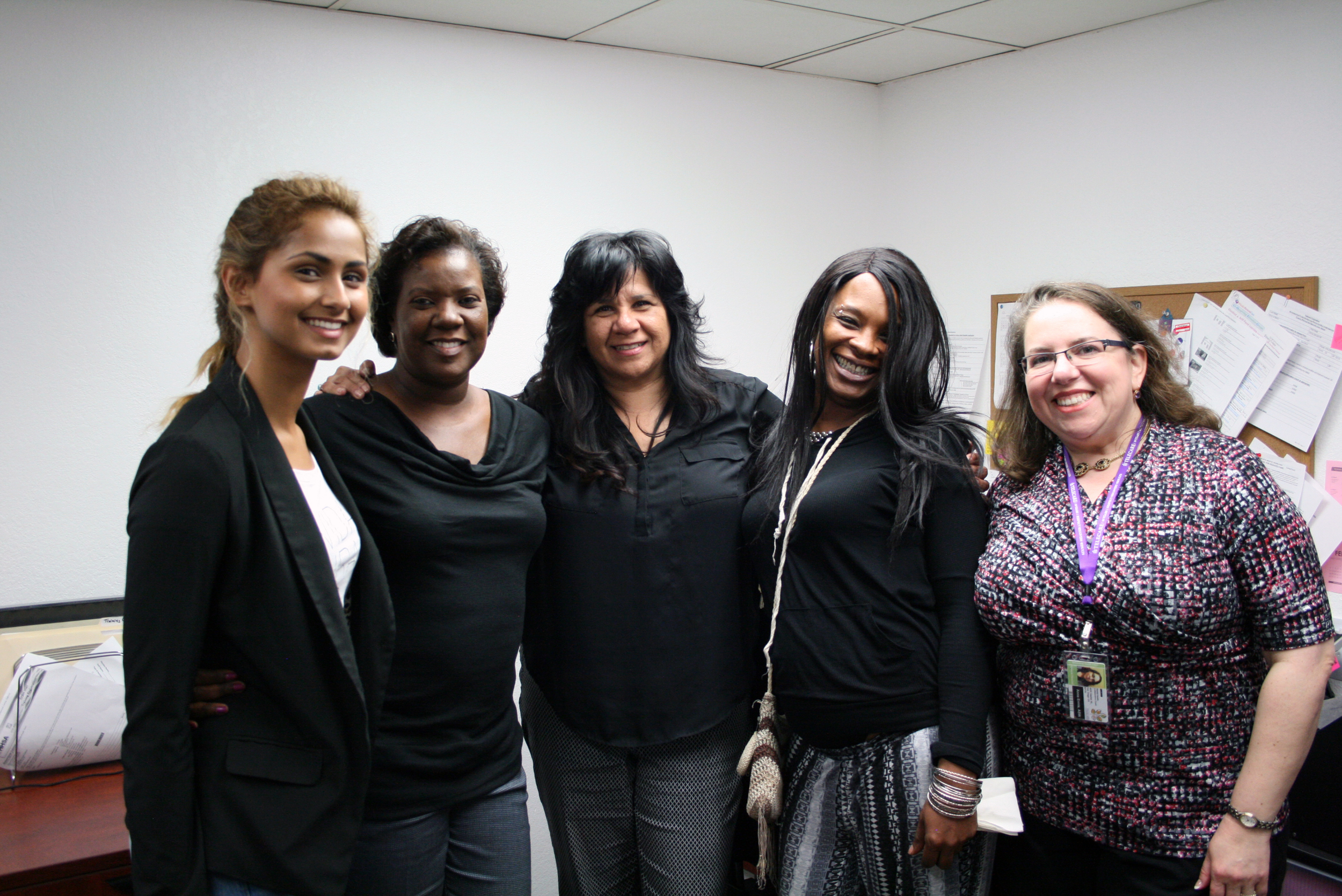Getting the Chance to Give Back to the Community
/For many members in sub-acute facilities who are transitioning from state hospitals, reintegrating into the community can
be a daunting task. The Recovery Center at Woodburn (RCW) in Oregon offers its members the opportunity to empower themselves through activities like volunteering in their local community.
Sarah Lahey, a Rehab Therapist at RCW, has shared a story about the recent recovery success of RCW member, Alan, below.
***
(L-R) WOODBURN VOLUNTEERS CHRIS R., ALAN S., OLIVER P., WITH FOOD BANK SUPERVISOR WILBUR
It began last spring when one of our residents, Alan, came to me with a confession that he’d been keeping to himself for a while. Initially, Alan shared that he had been wanting to do something outside of the Telecare walls, something to help people, to give back in some way, or perhaps find something that could give his own life more meaning. We discussed the idea of volunteering and Alan really got excited when I mentioned volunteering at a local food bank. Almost in the same moment, however, Alan's hopefulness seemed to fade; something else was bothering him.
Sarah Lahey, Rehab Therapist
After a little encouragement, Alan confessed that he was terrified of putting himself out there. "What if people want to know things about me?" he asked. "What if they ask me questions about myself that I don’t want to answer? What if people find out about the things I have done? What if they judge me?" Alan confided this was not something he wanted to face, and in fact, has strategically avoided every day since being released from the state hospital. I had to confess too that I couldn’t protect him from what we did not know. However, I did promise that I would do everything in my power to help him find a place to volunteer where he would feel safe and respected.
Amazingly, the next day, Alan and I walked into the local food bank in Woodburn, where we met Wilbur, the Supervisor for the Woodburn Food Dispensary. Right away Wilbur made a connection with Alan. He had good eye contact, a non-threatening demeanor, and made a few silly jokes, just enough to remind us he’s fallible. He said he desperately needed volunteers and asked when Alan could start. Even better than that: he required no resume!
Almost eight months later, Alan is now working three days a week, is recognized as a leader on the floor, and is often asked to be in charge of locking up at the end of the day. Along with two other residents, Oliver. and Chris, these individuals have developed a strong reputation for their willingness to do what it takes to keep our local food bank running.
When I asked Alan what he does at the food bank, he responded, "Whatever I can do. I unload trucks, I sort and shelve food, I wash floors, I help customers, and I help my co-workers. Basically I'm there to help with anything, and anything they want me to do, I’ll do." I asked him if he still feels afraid of people, or if anyone has ever asked about his life. He said, "No one cares because we’re too busy! I still feel vulnerable, but I'm conquering my fears by keeping focused on my job. I work with all kinds of people–parolees, poor people, people who speak a different language–and I think: maybe they’re as scared as I am sometimes, so I just try to be kind."
What Alan has yet to be recognized for is the way he takes ownership of the place. From cleaning up the messes that others ignore, to restocking missing items without being asked, simply because, in his words, it gives him a great sense of satisfaction knowing it has been done, that he gets the job done.
When I checked in with Wilbur a few weeks back he said, "I sure like these Woodburn Recovery guys, they’re dependable, trustworthy, and respectful! Any chance you have any more guys for me?"














